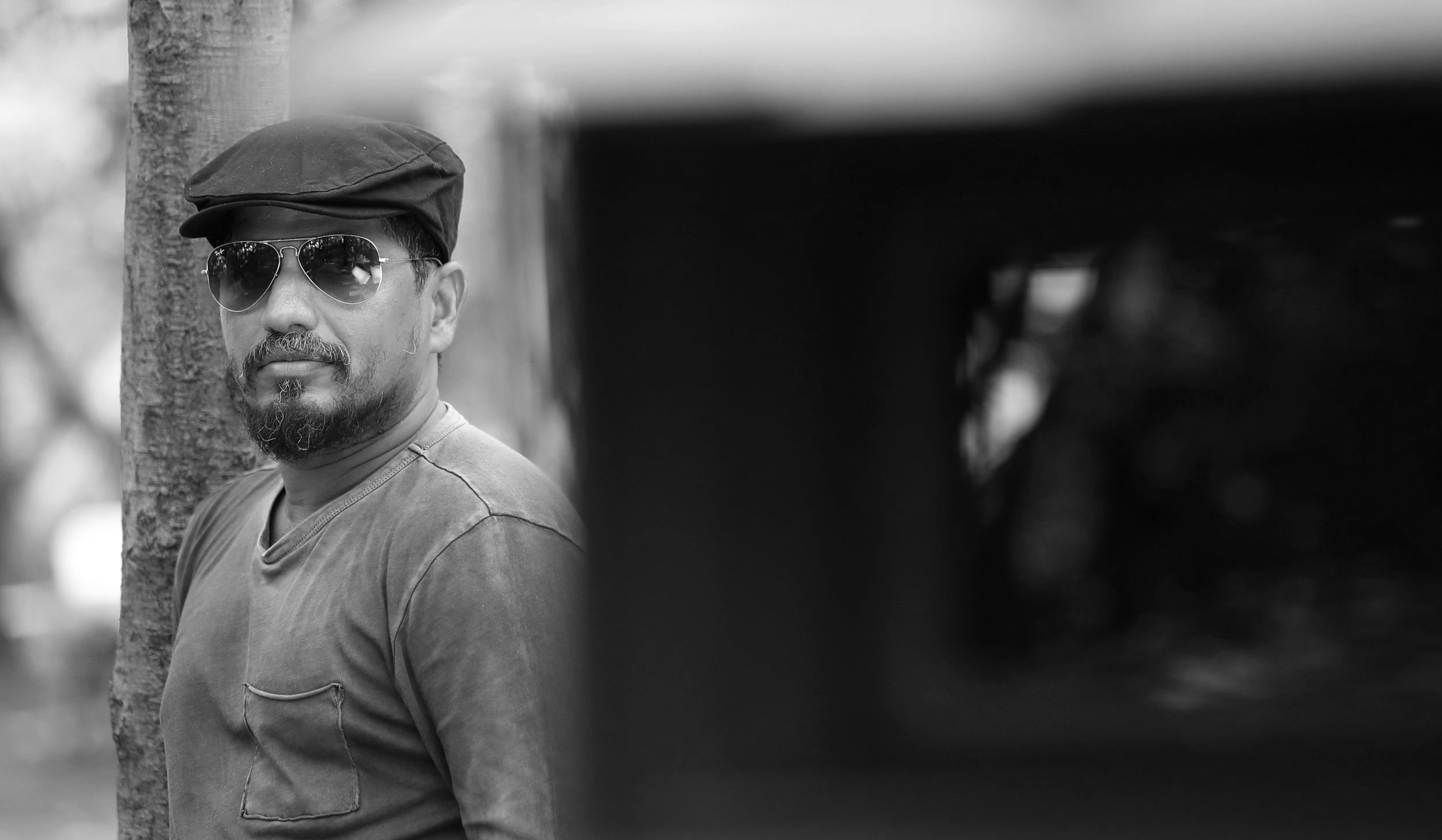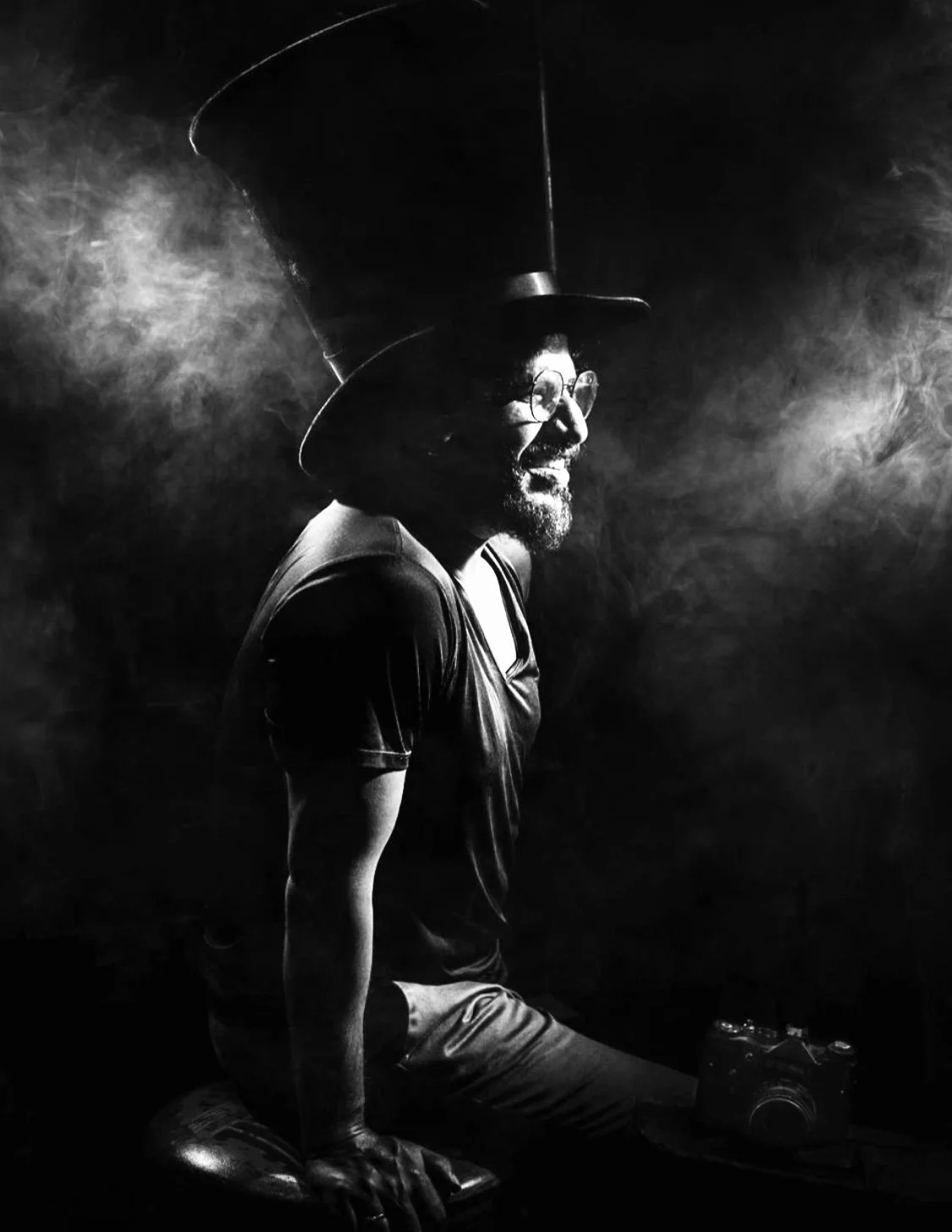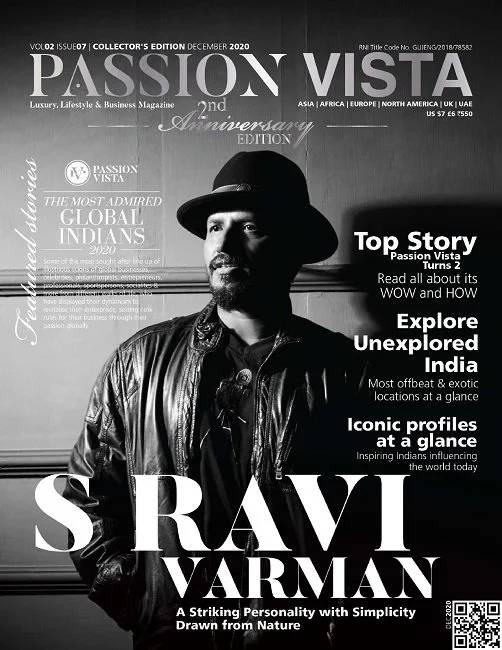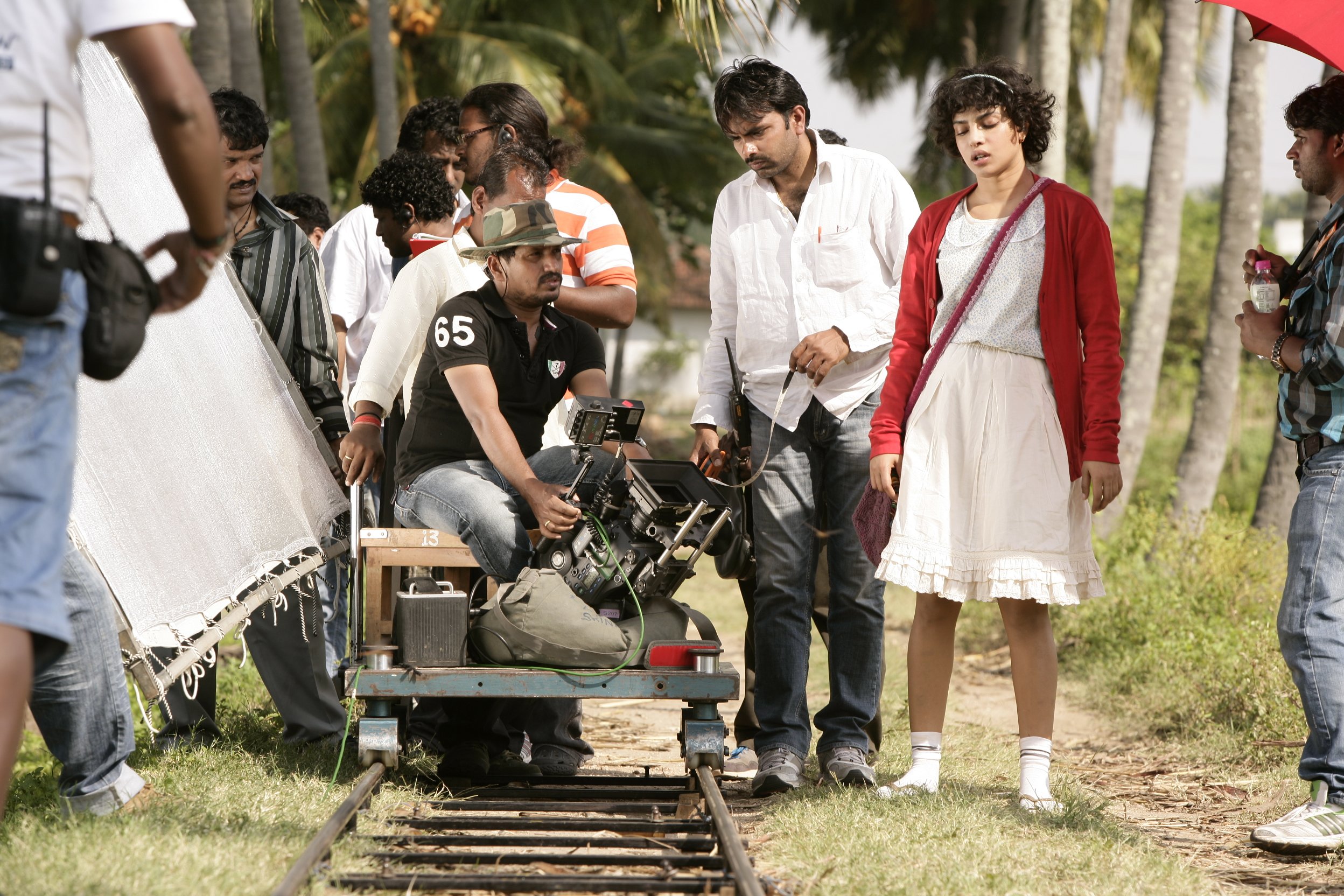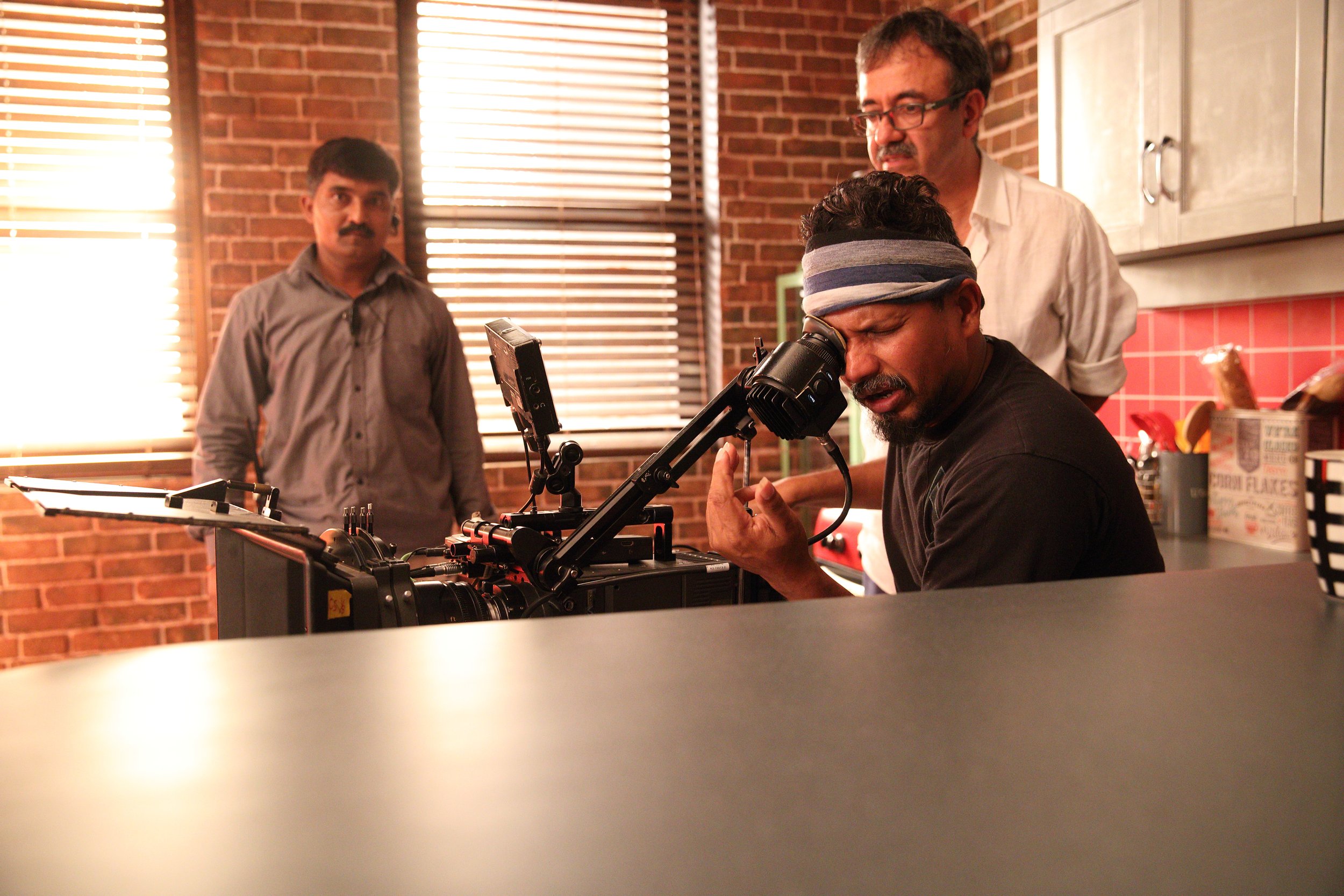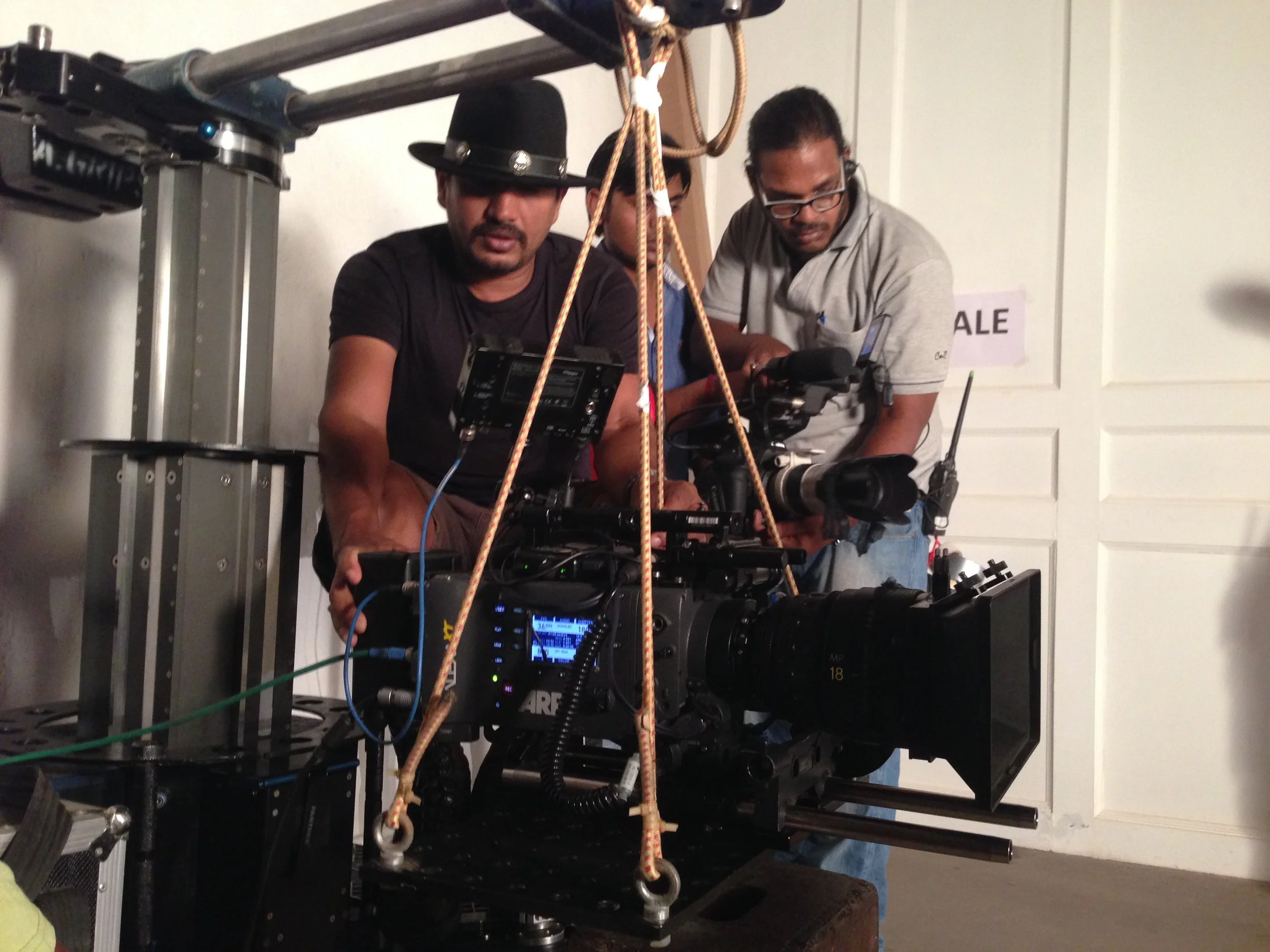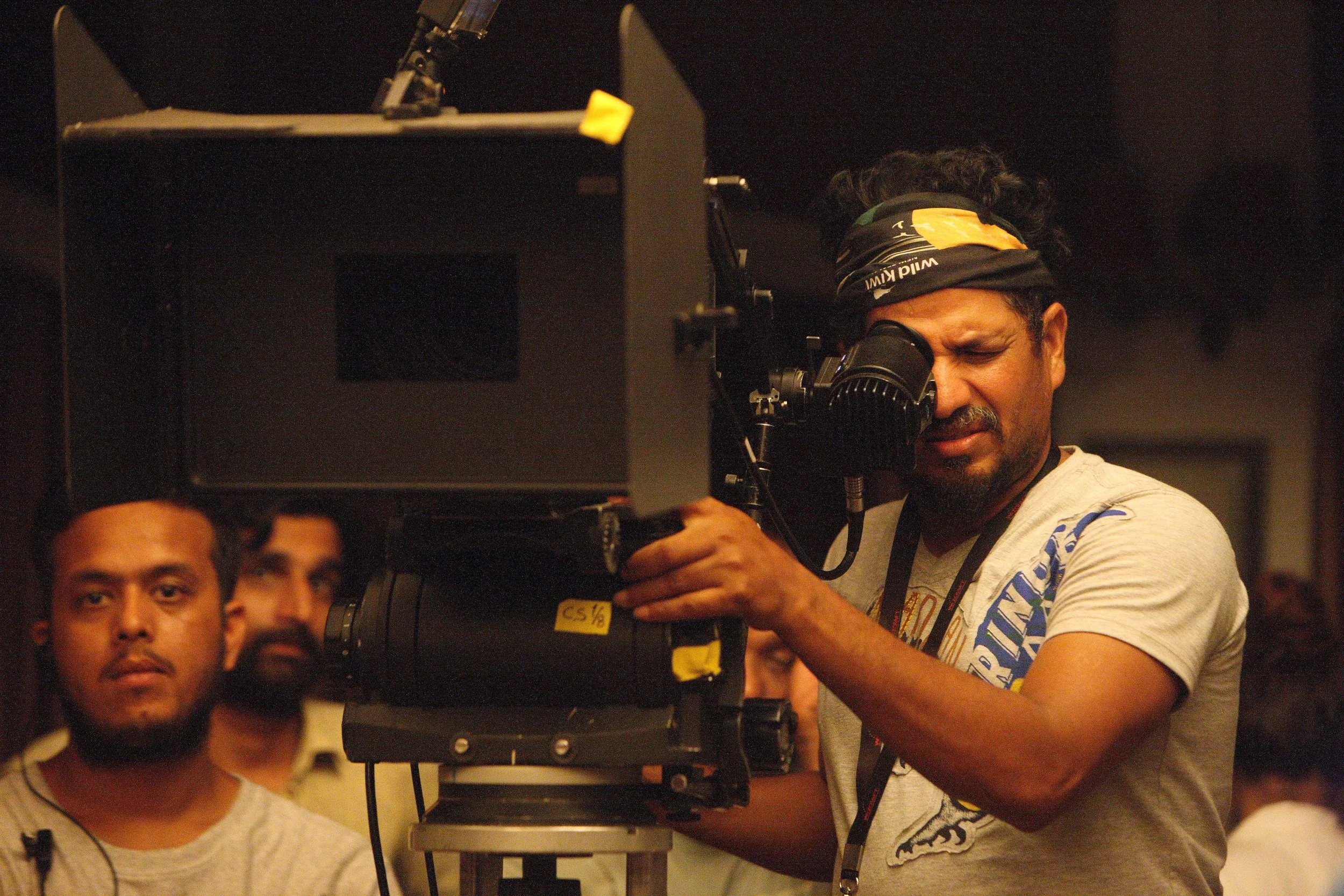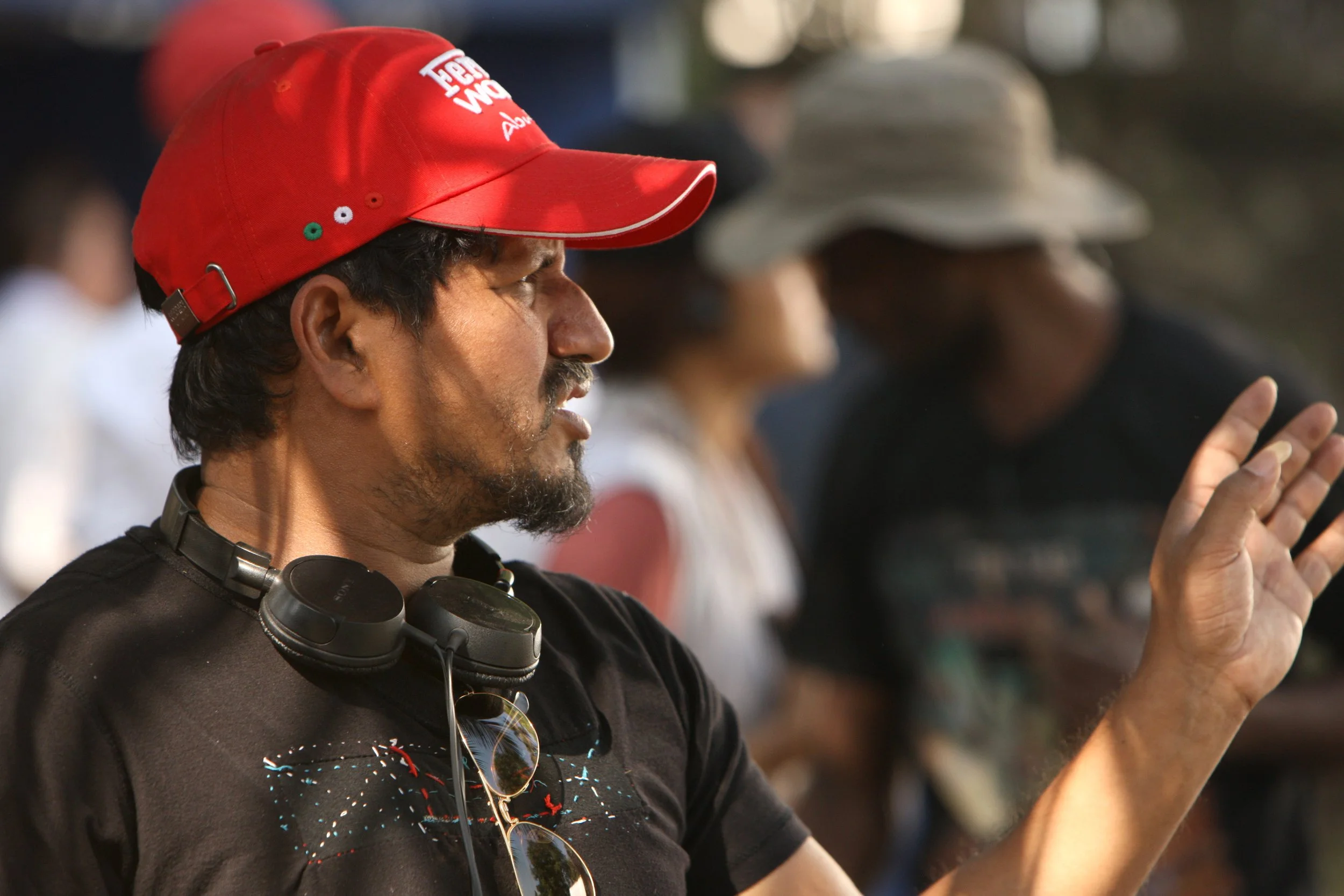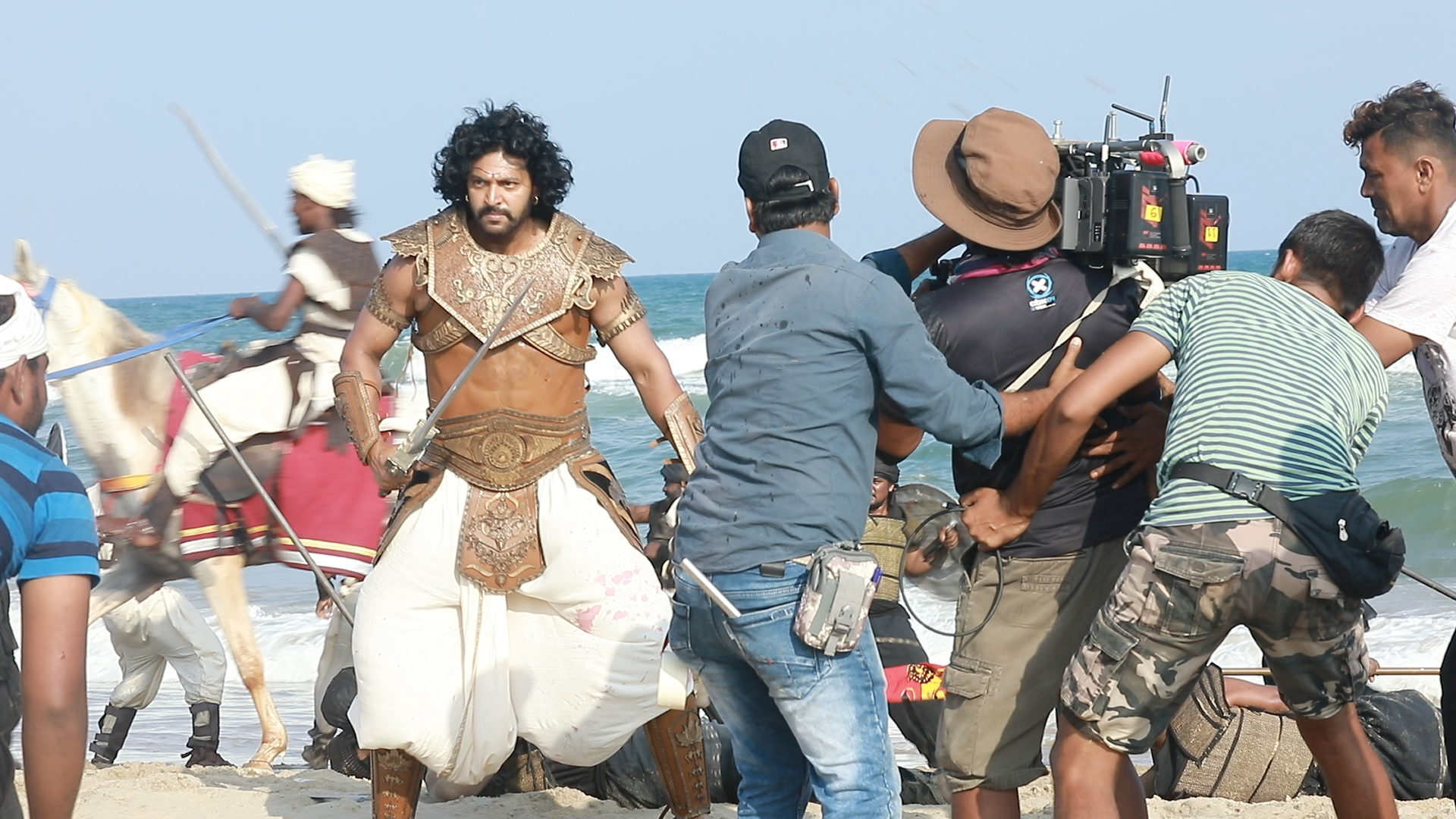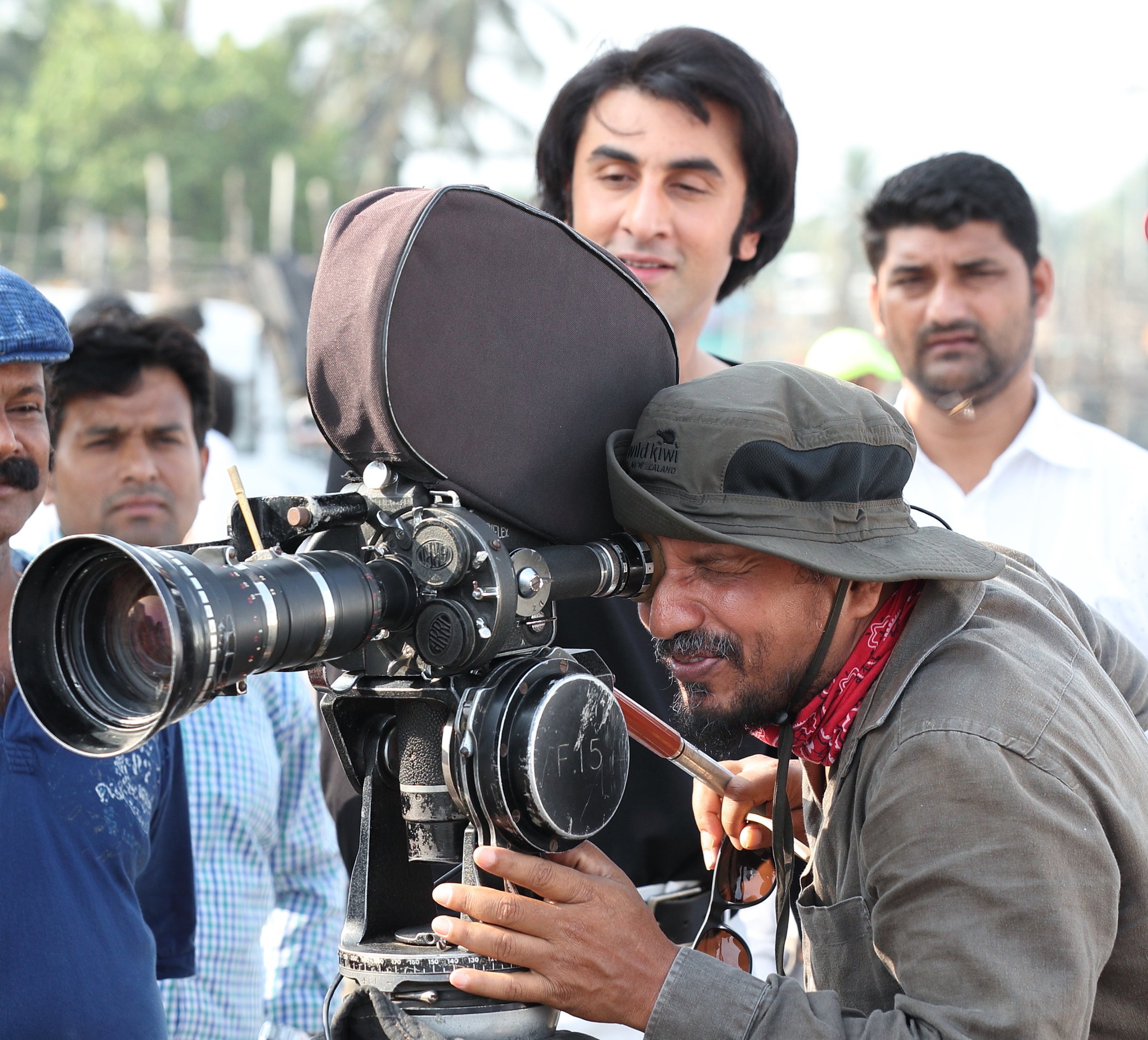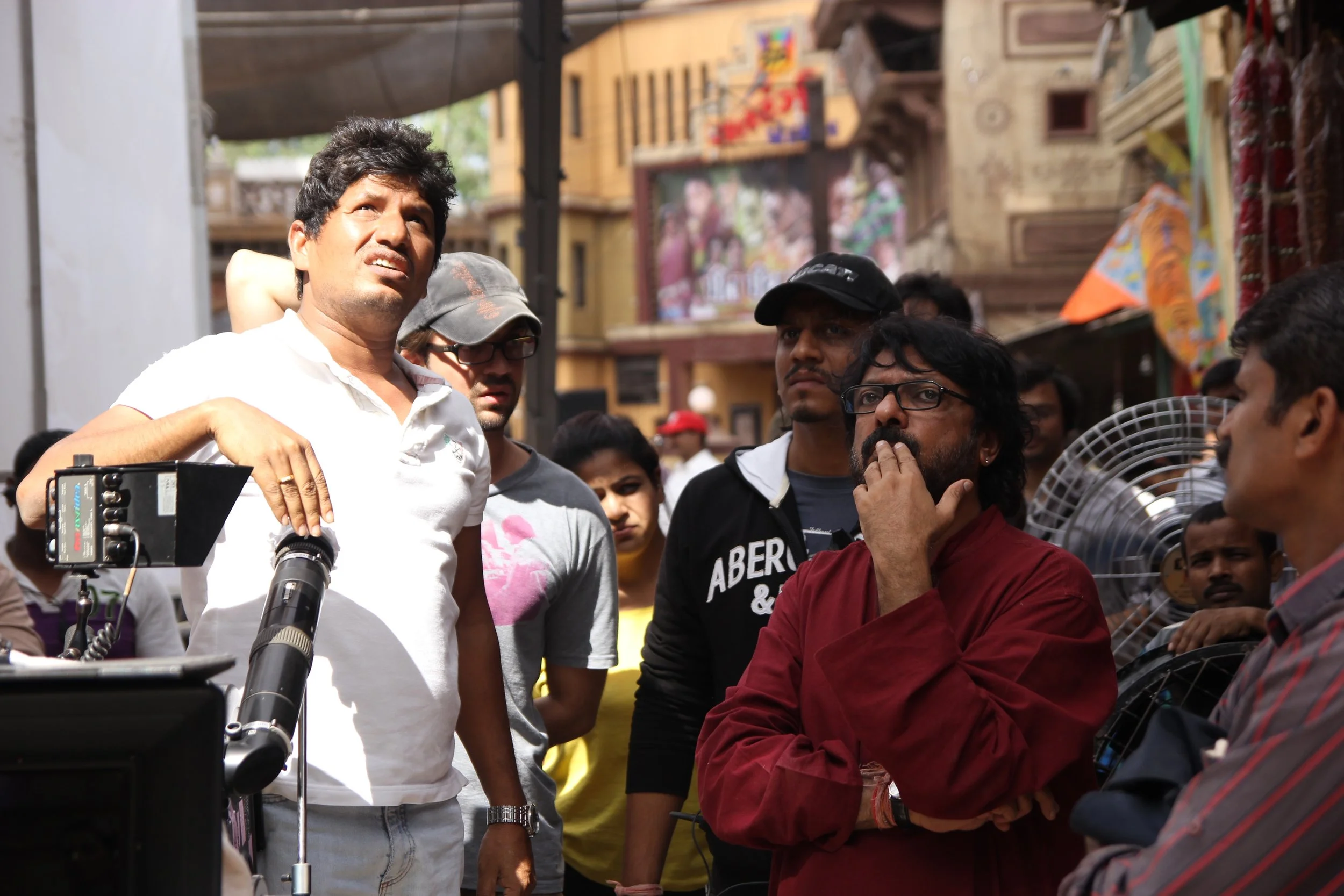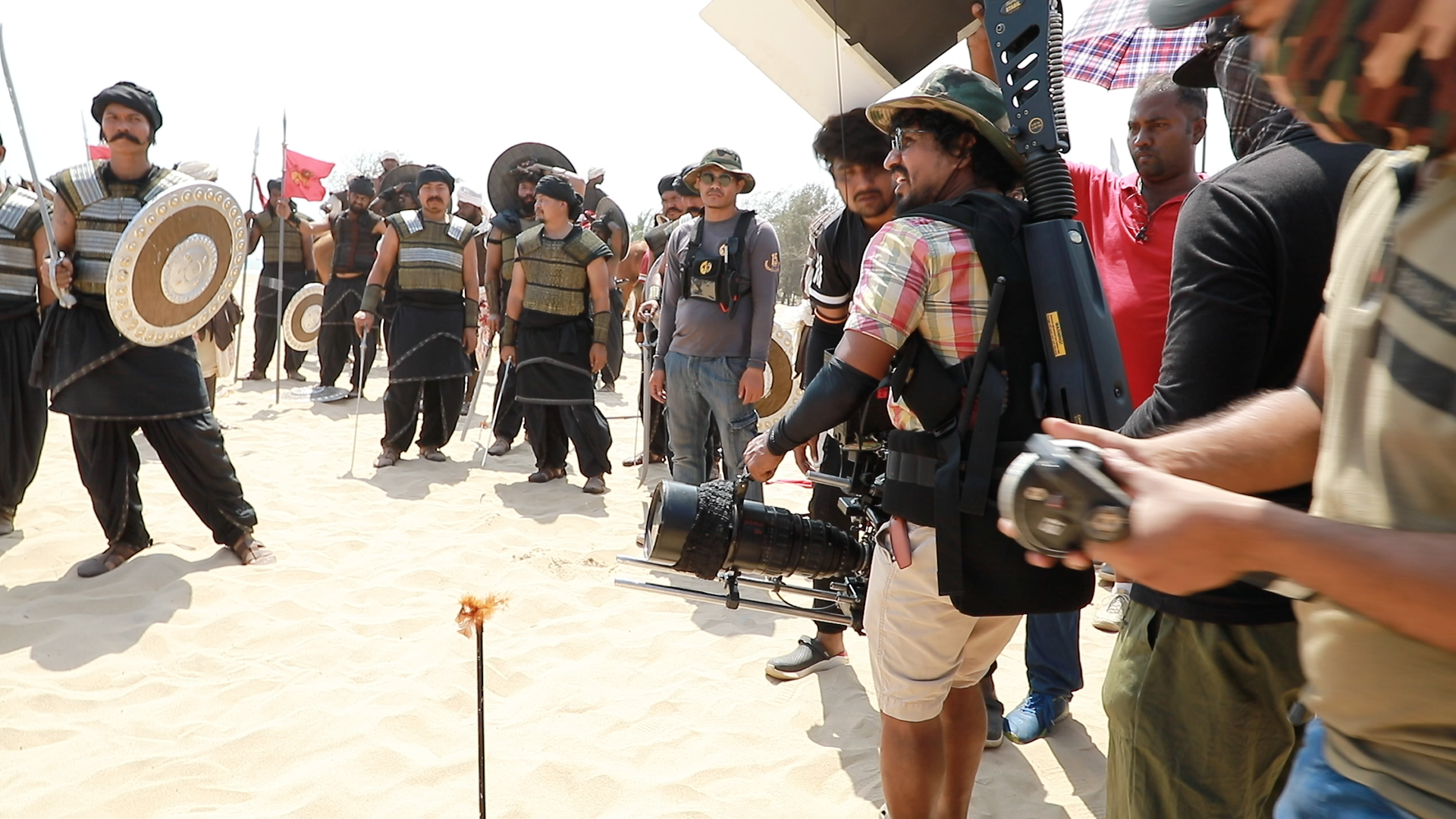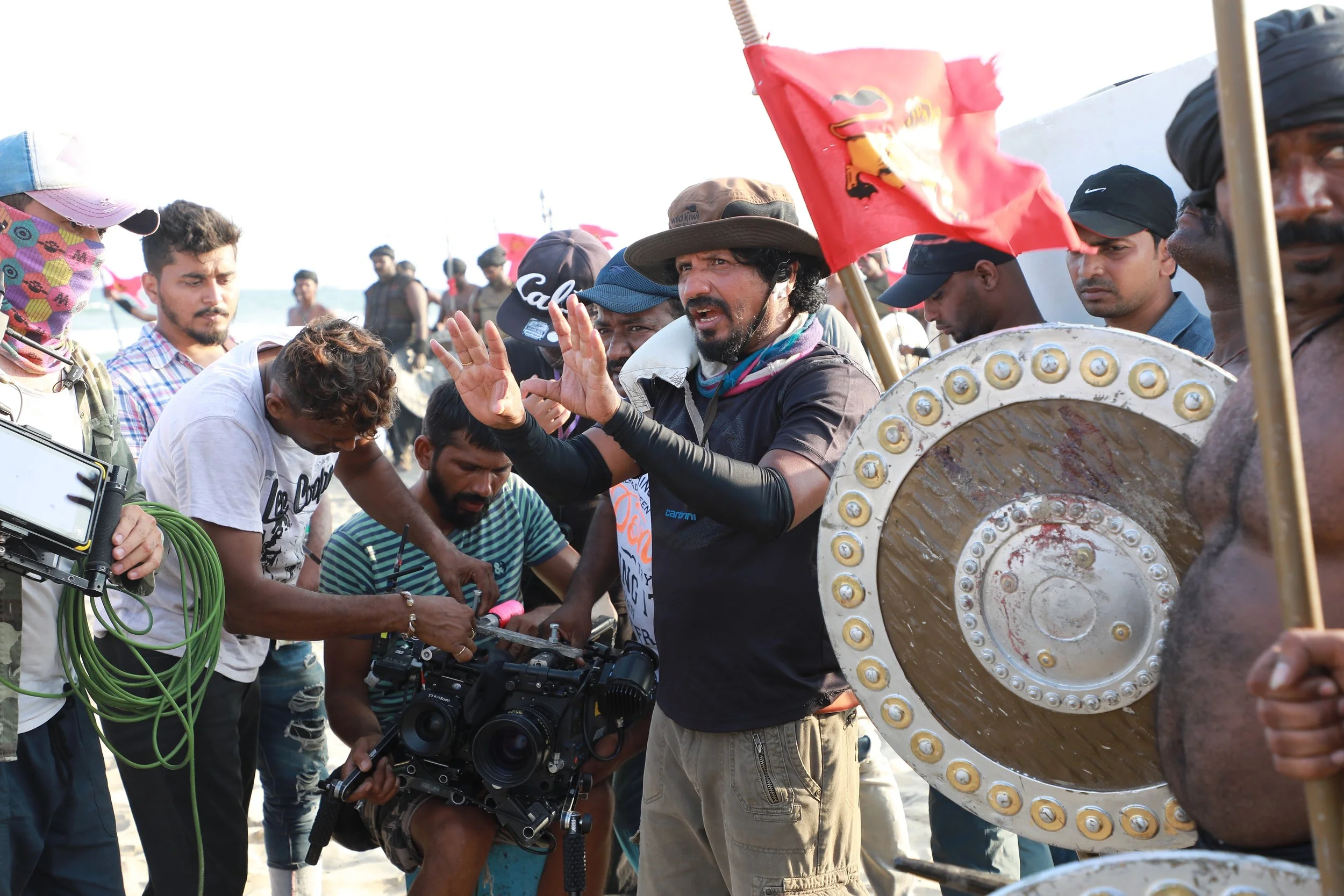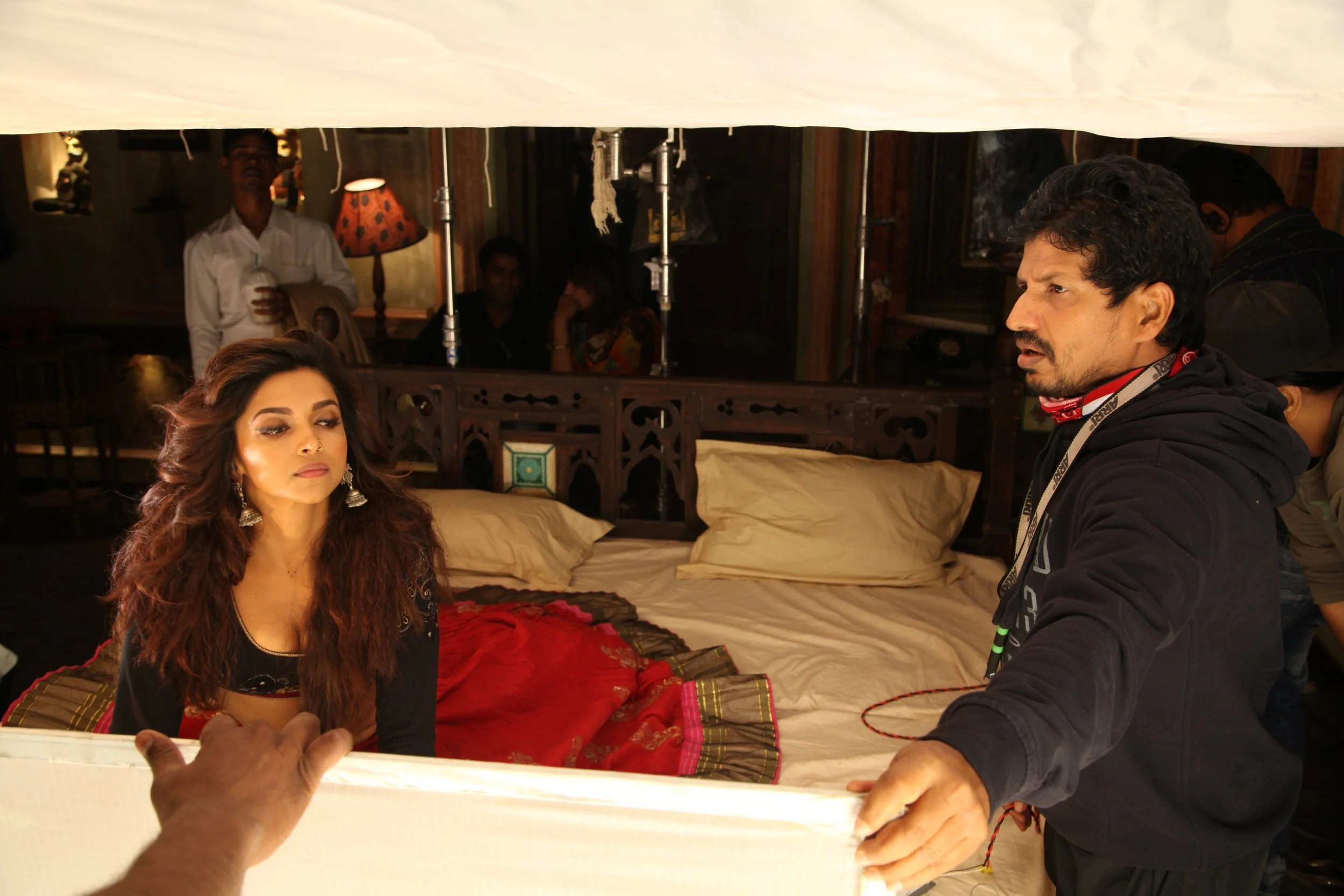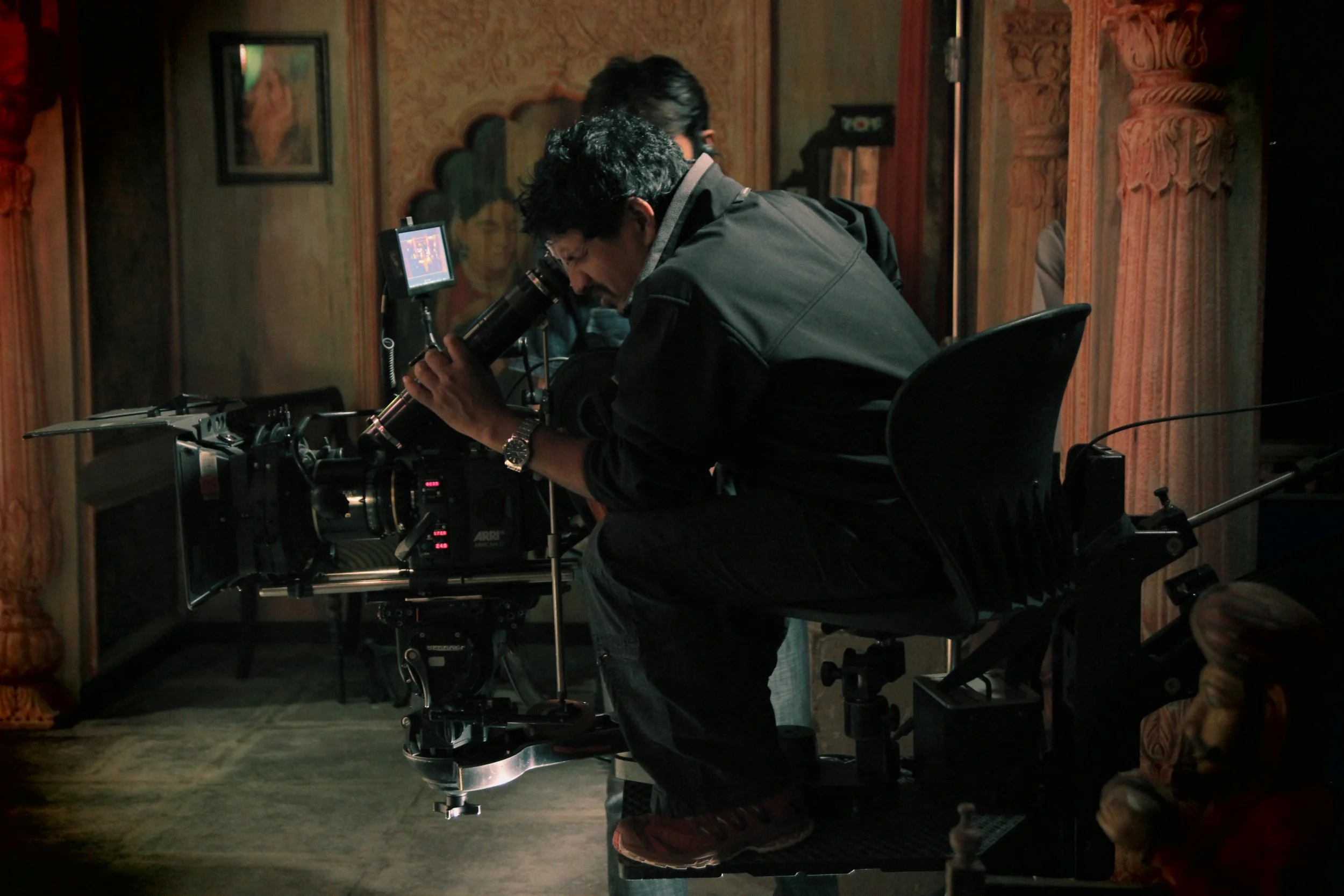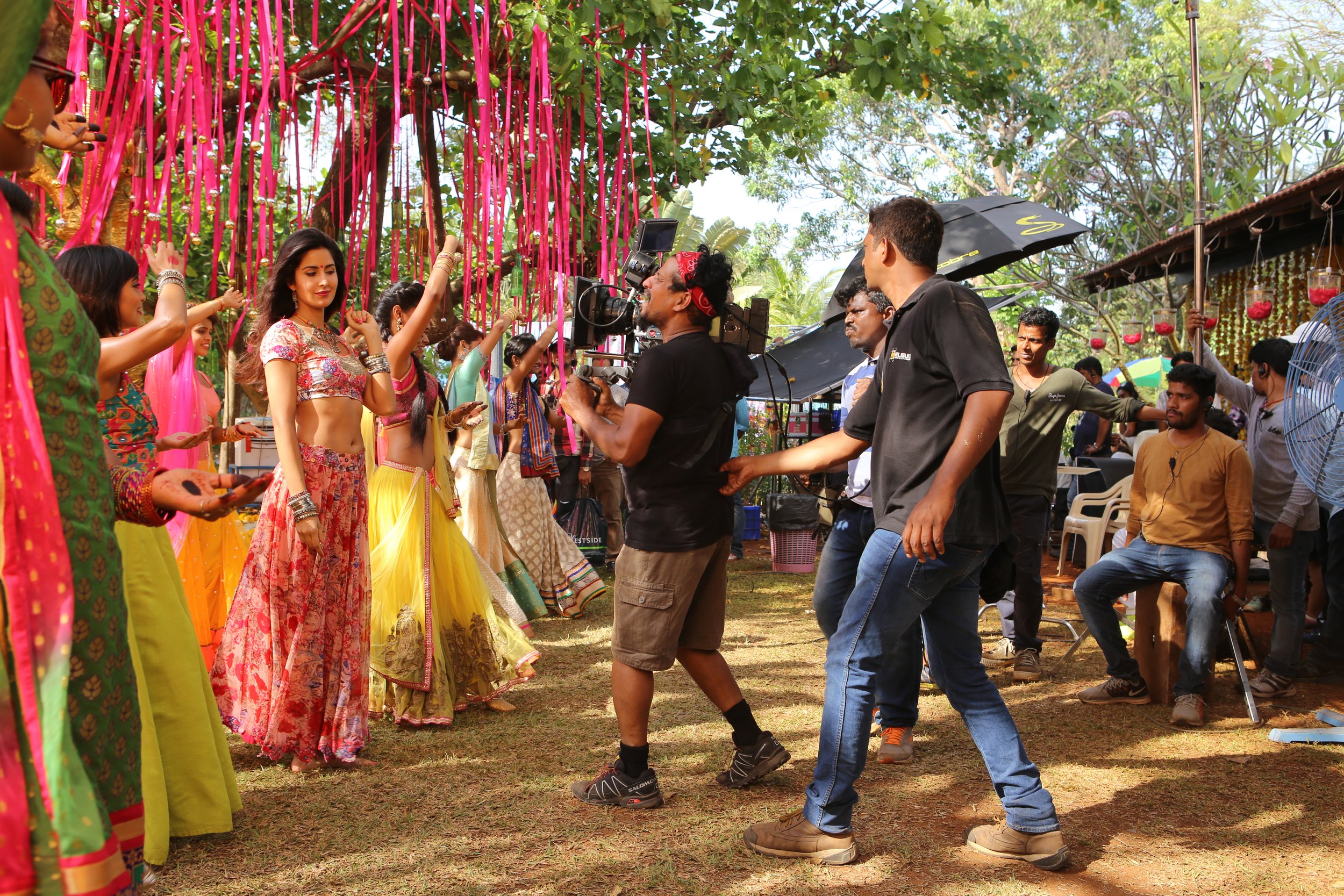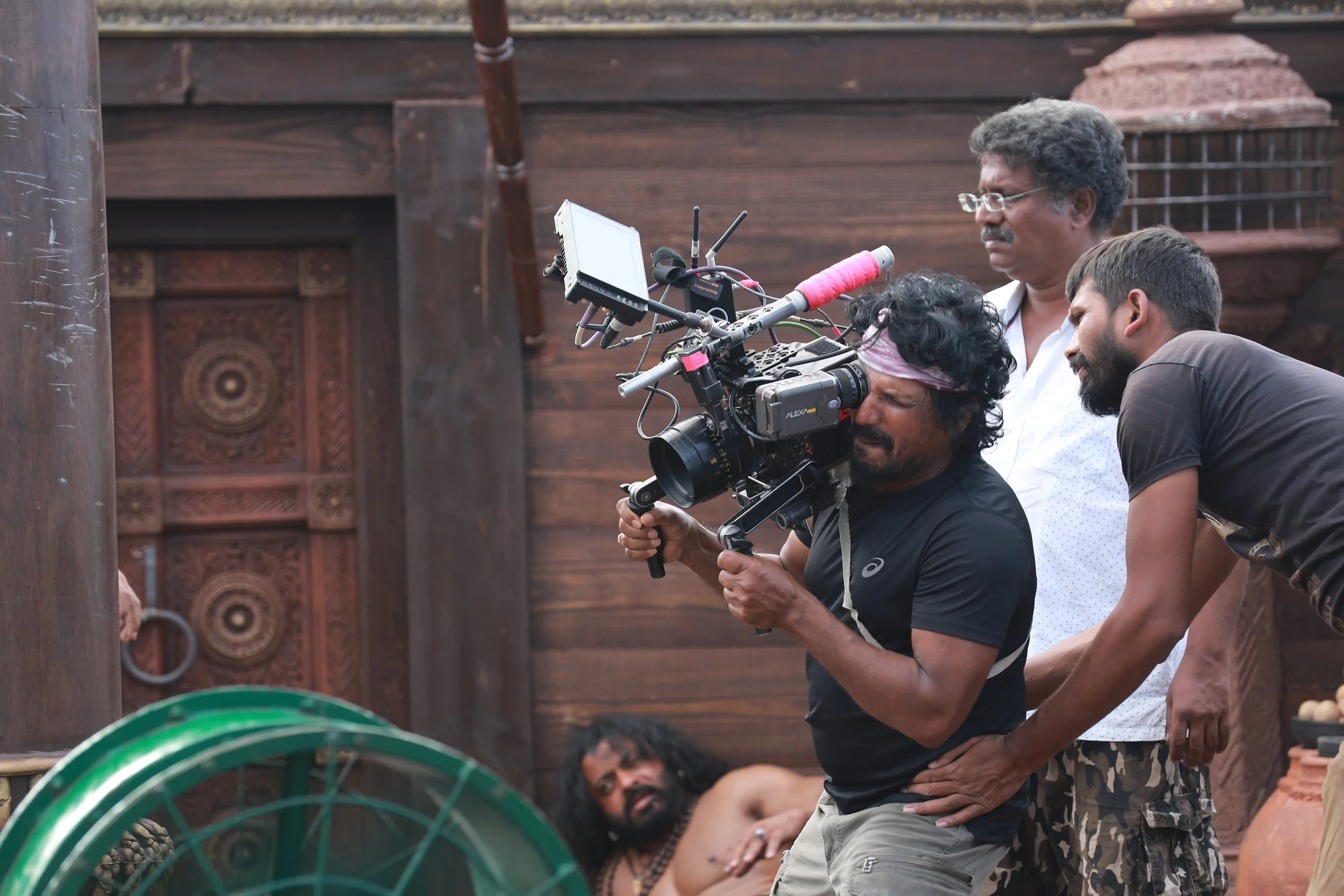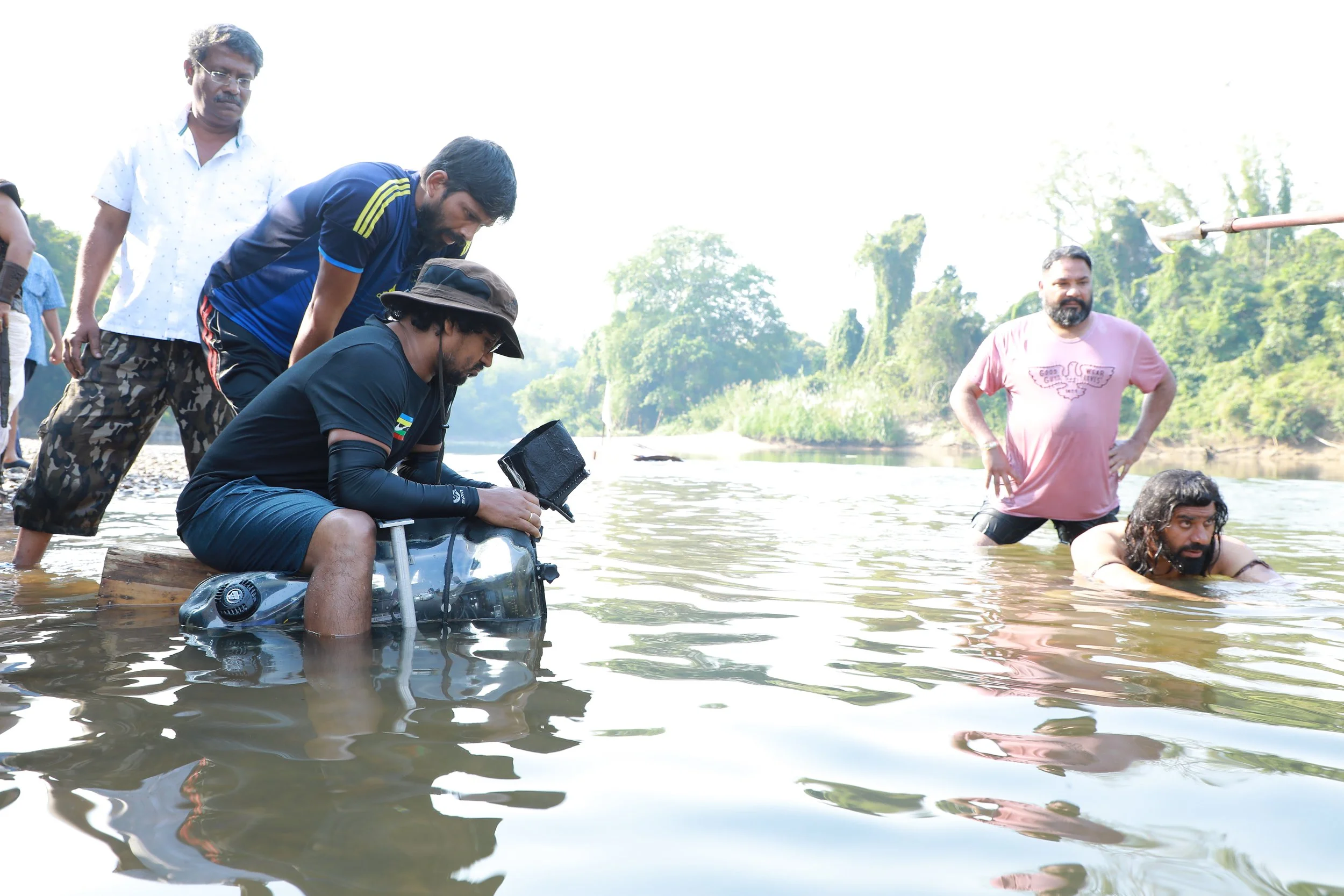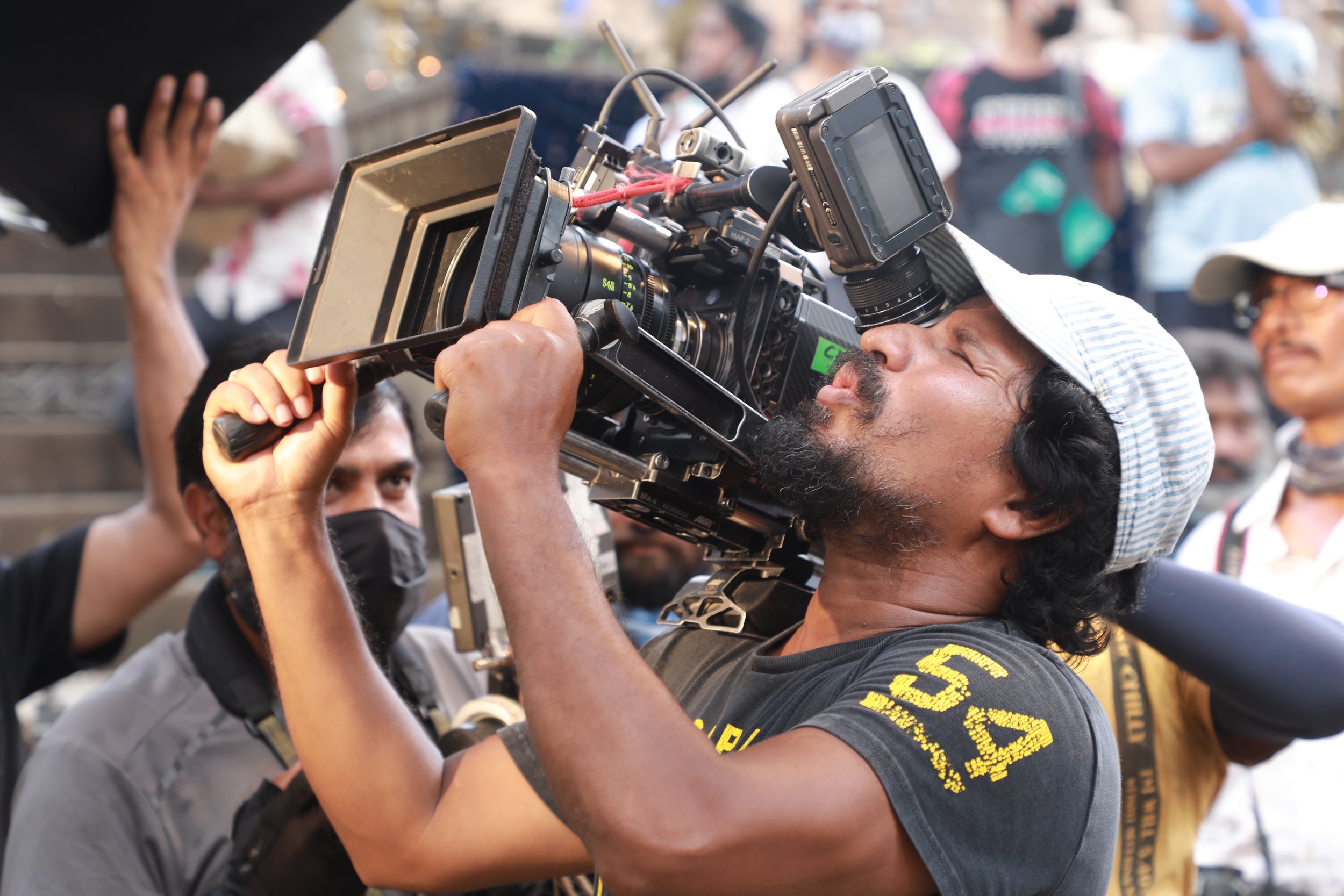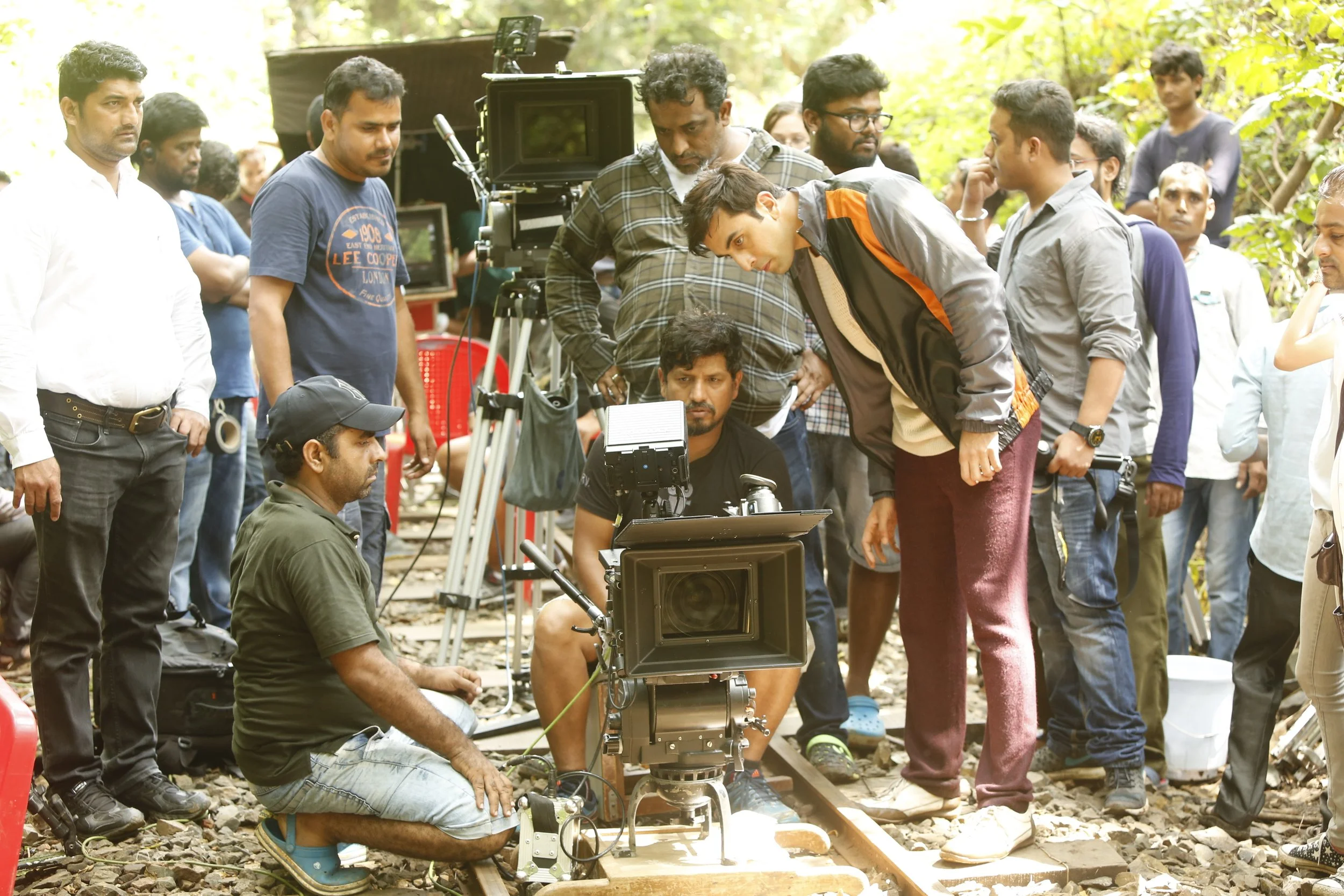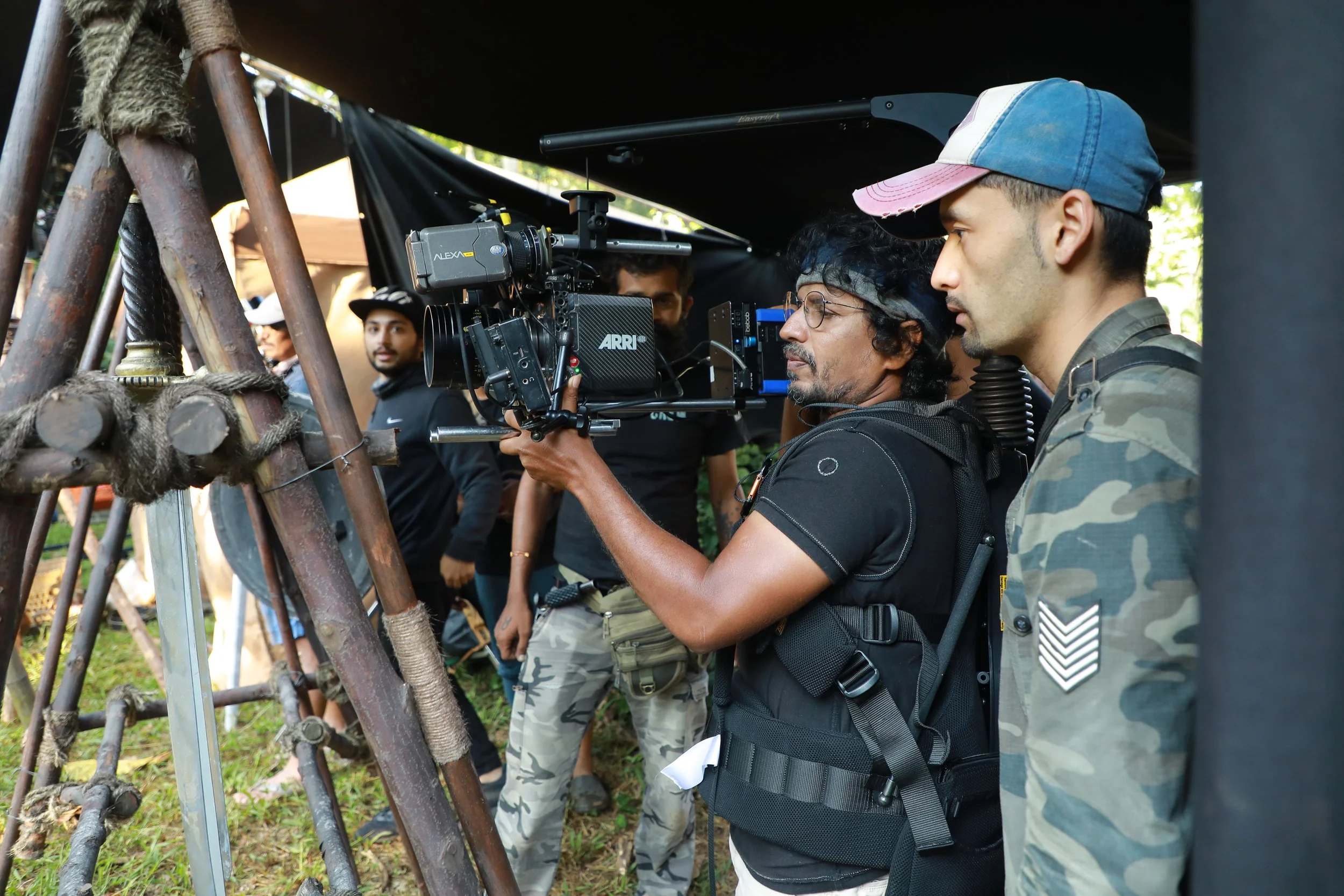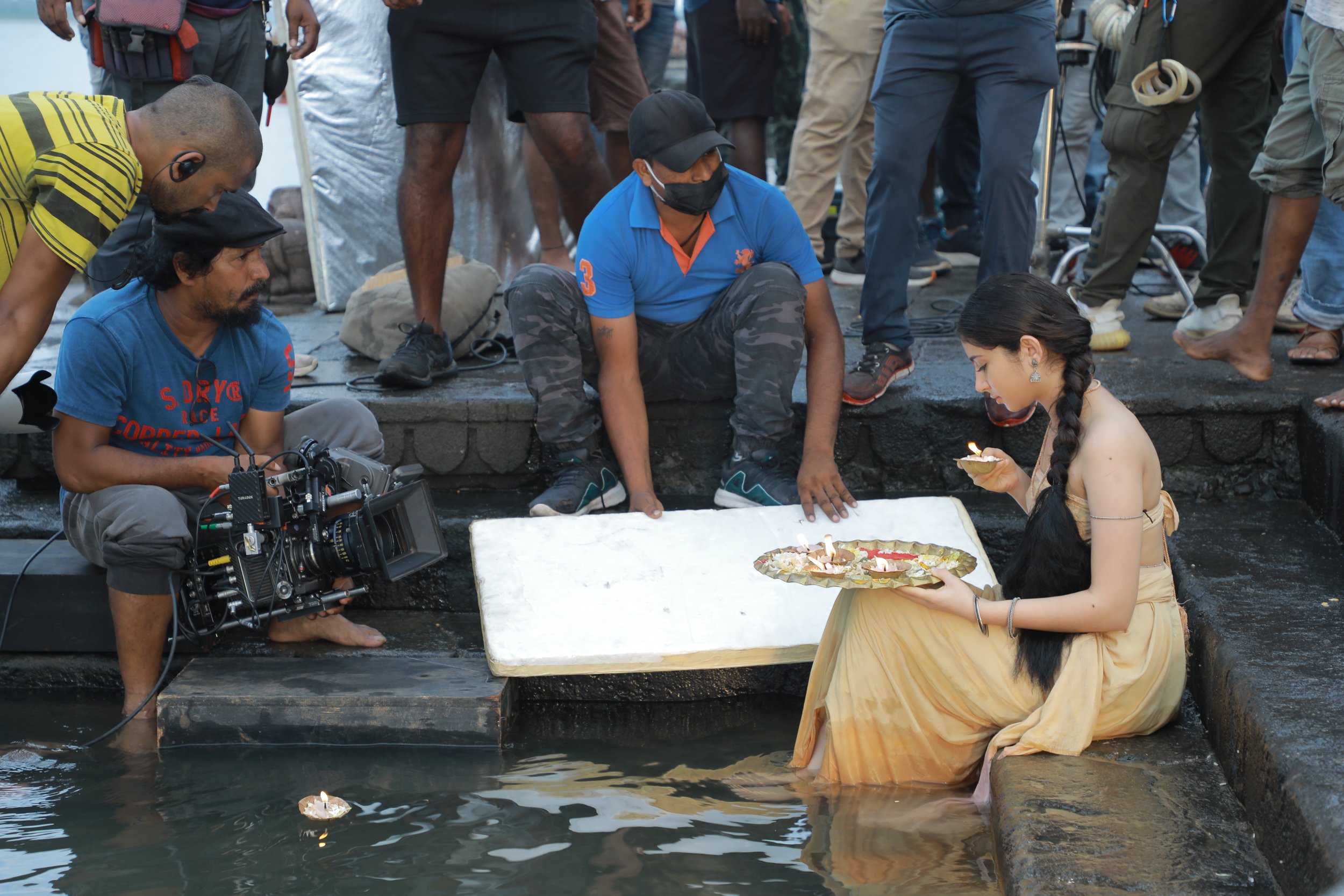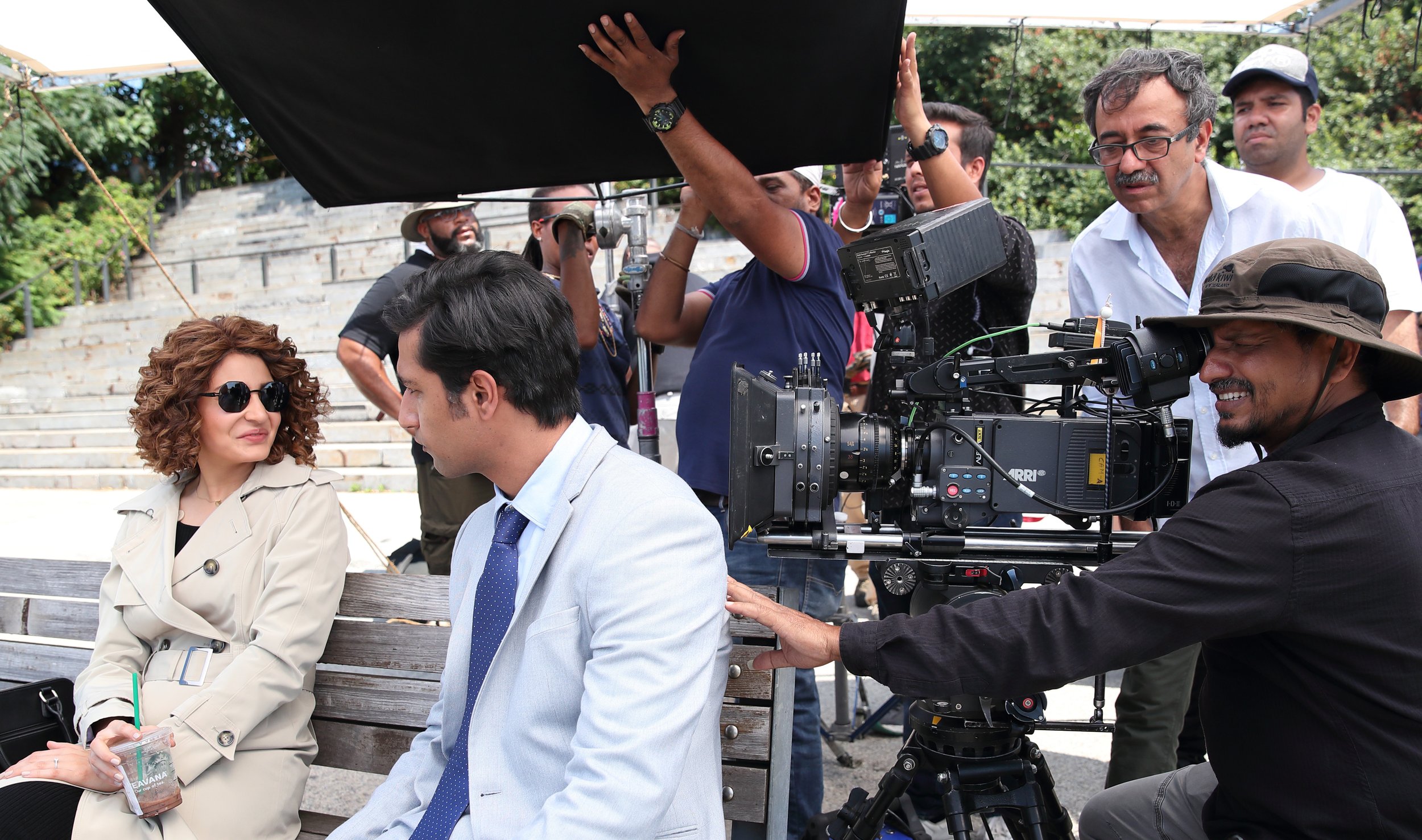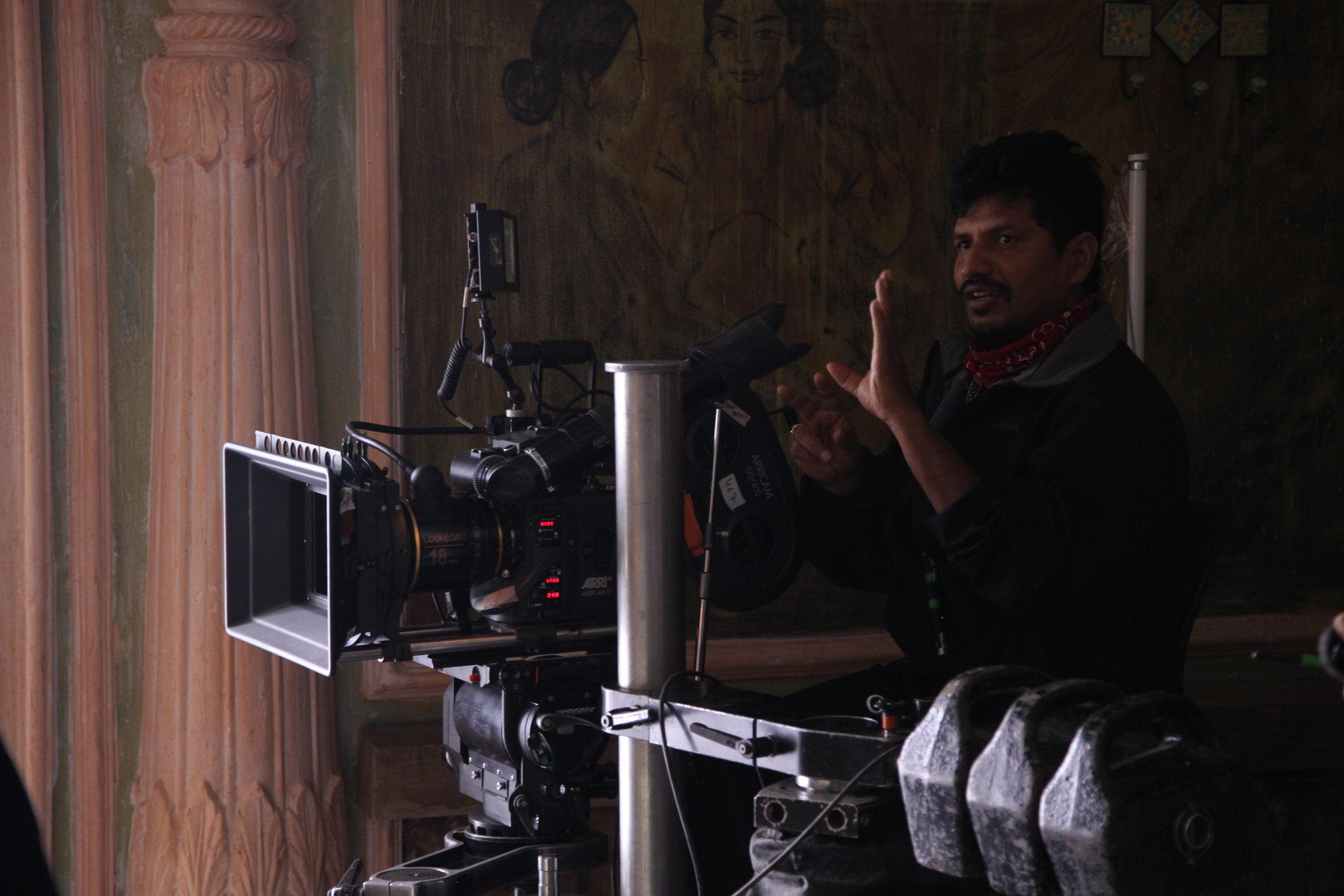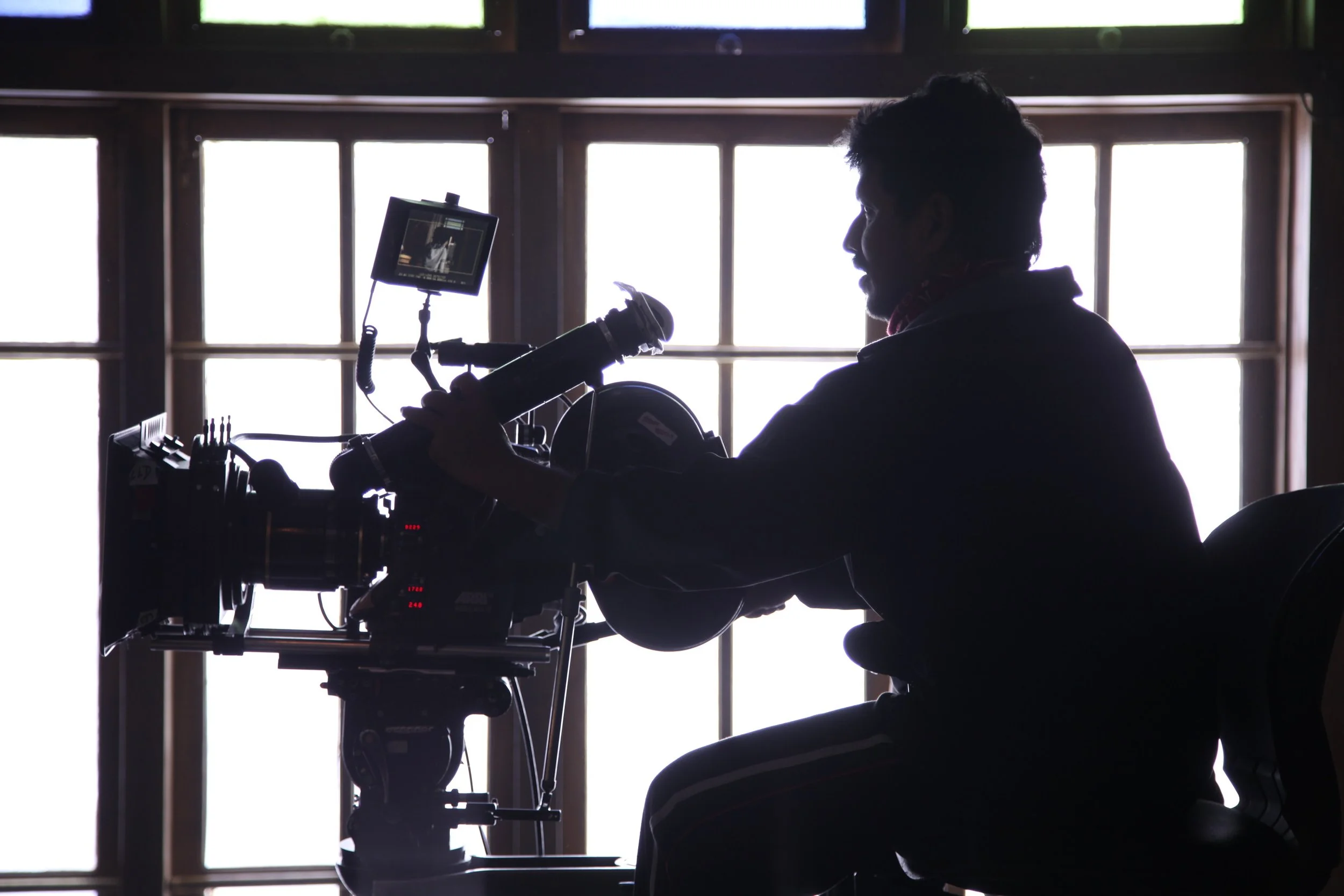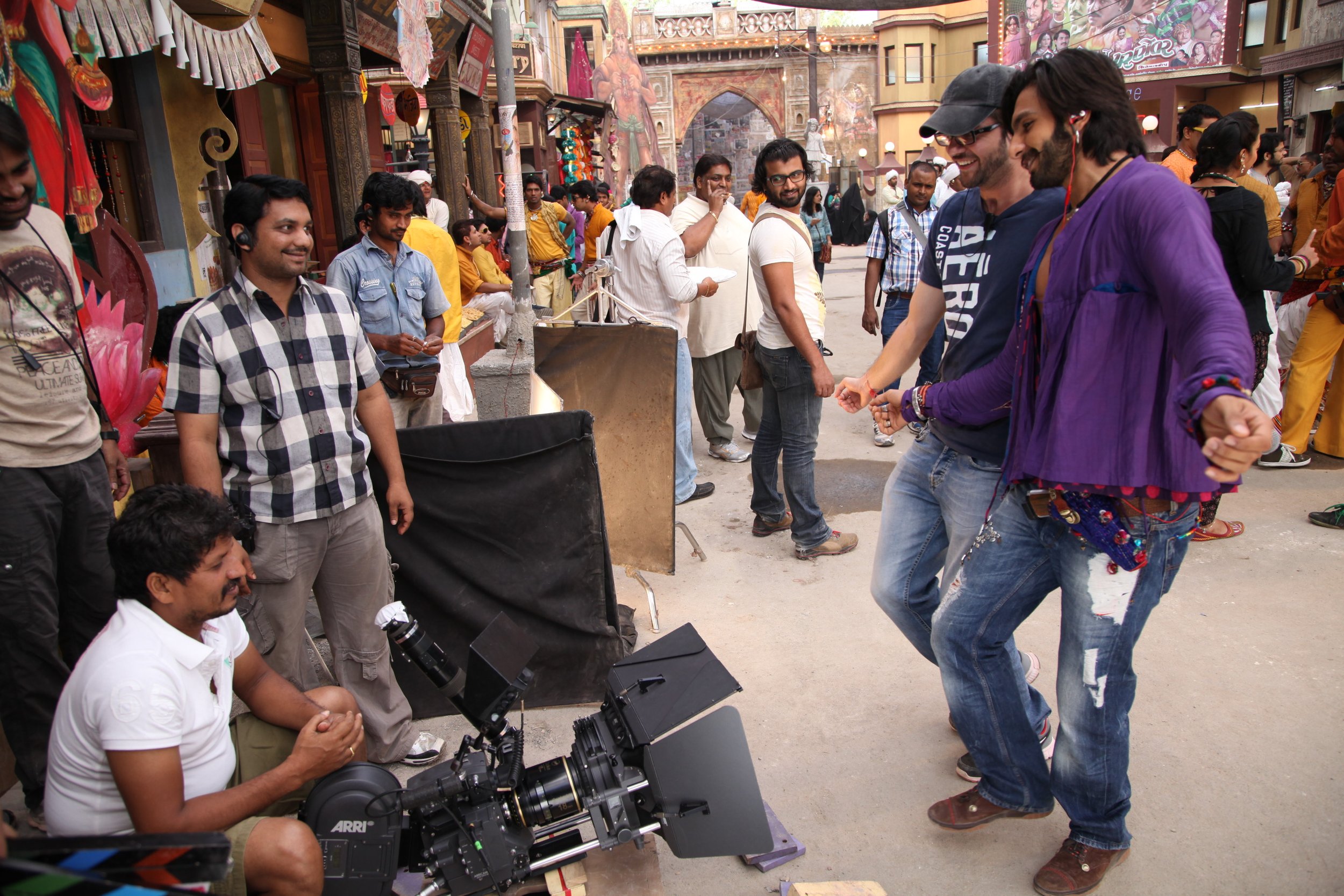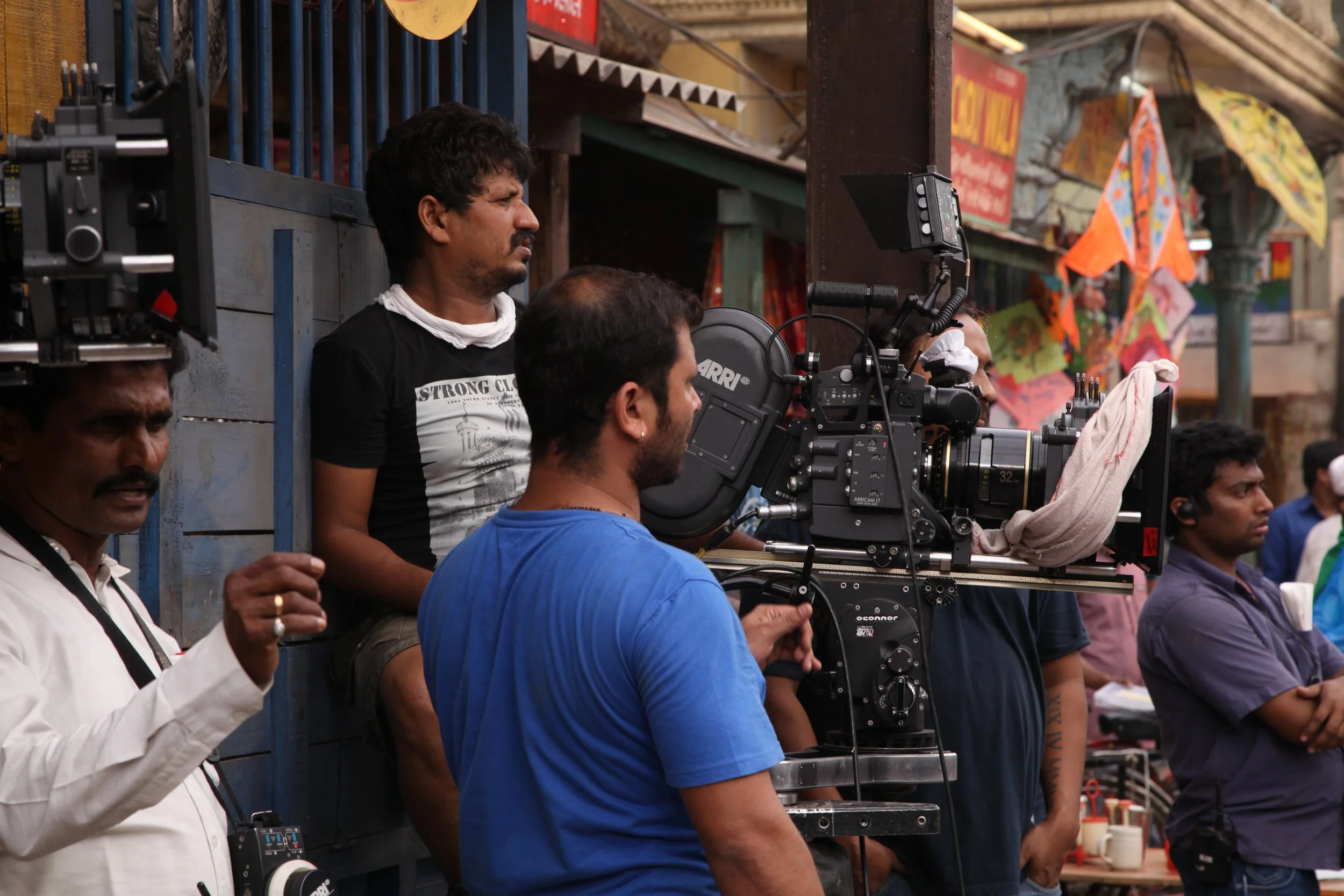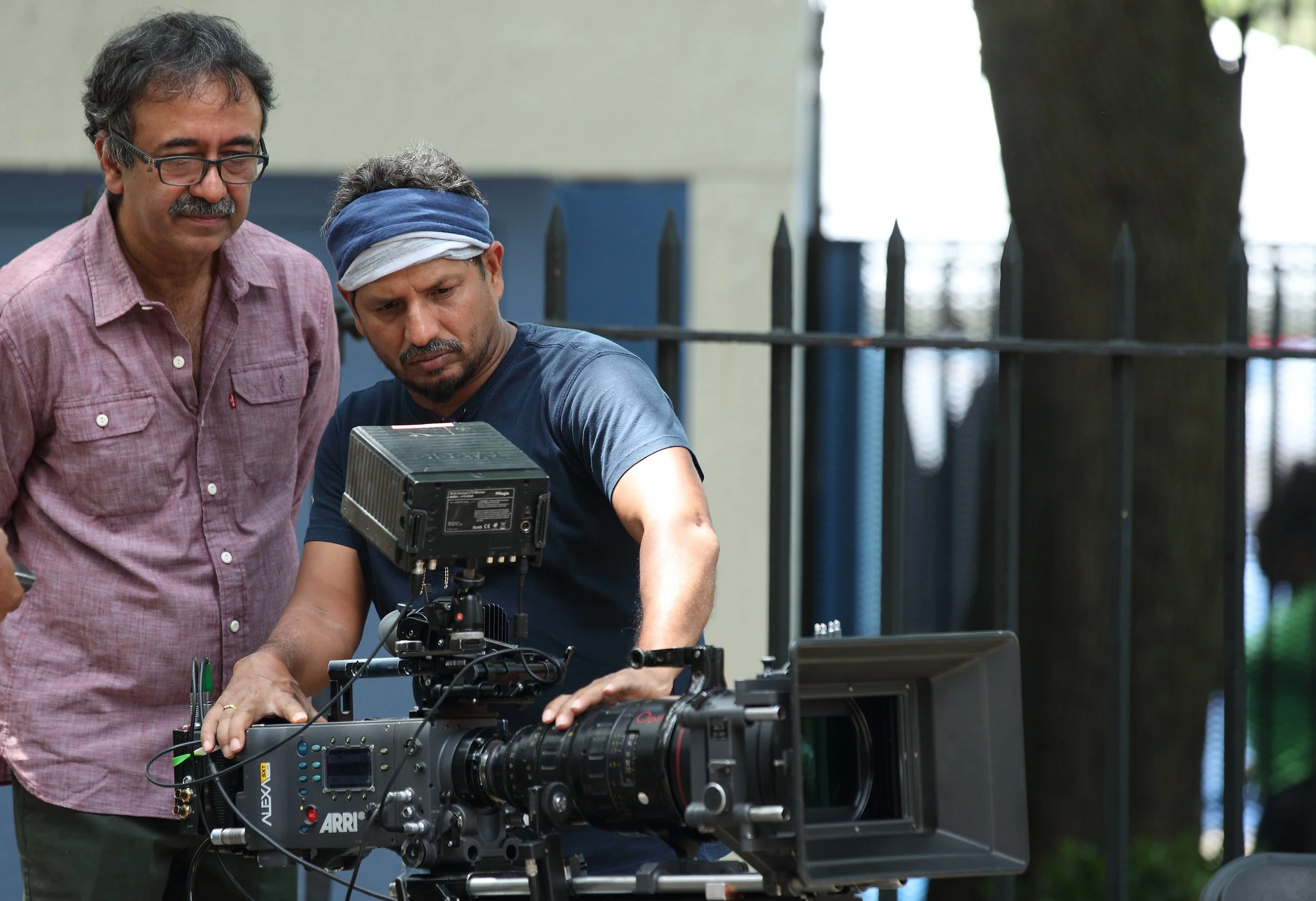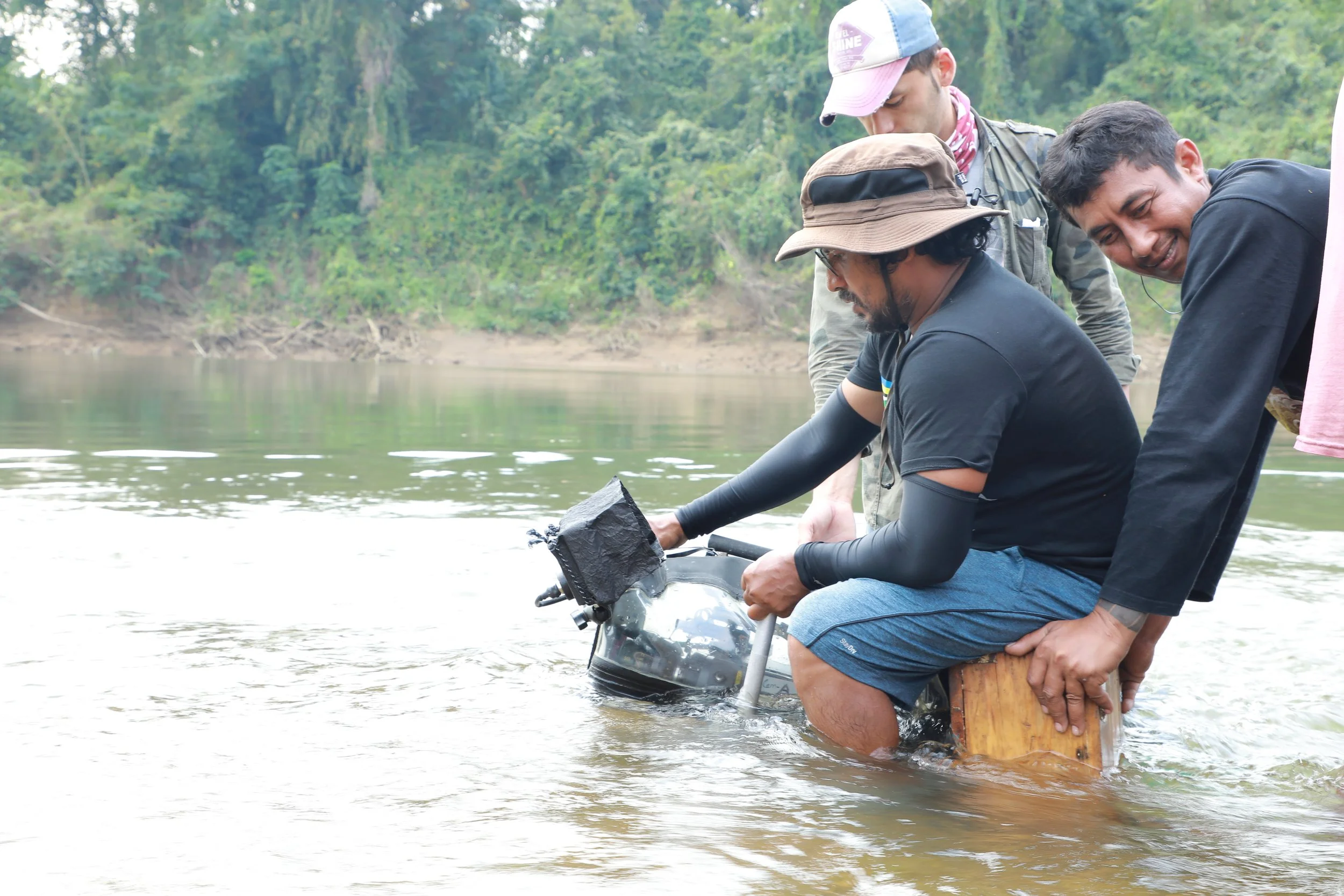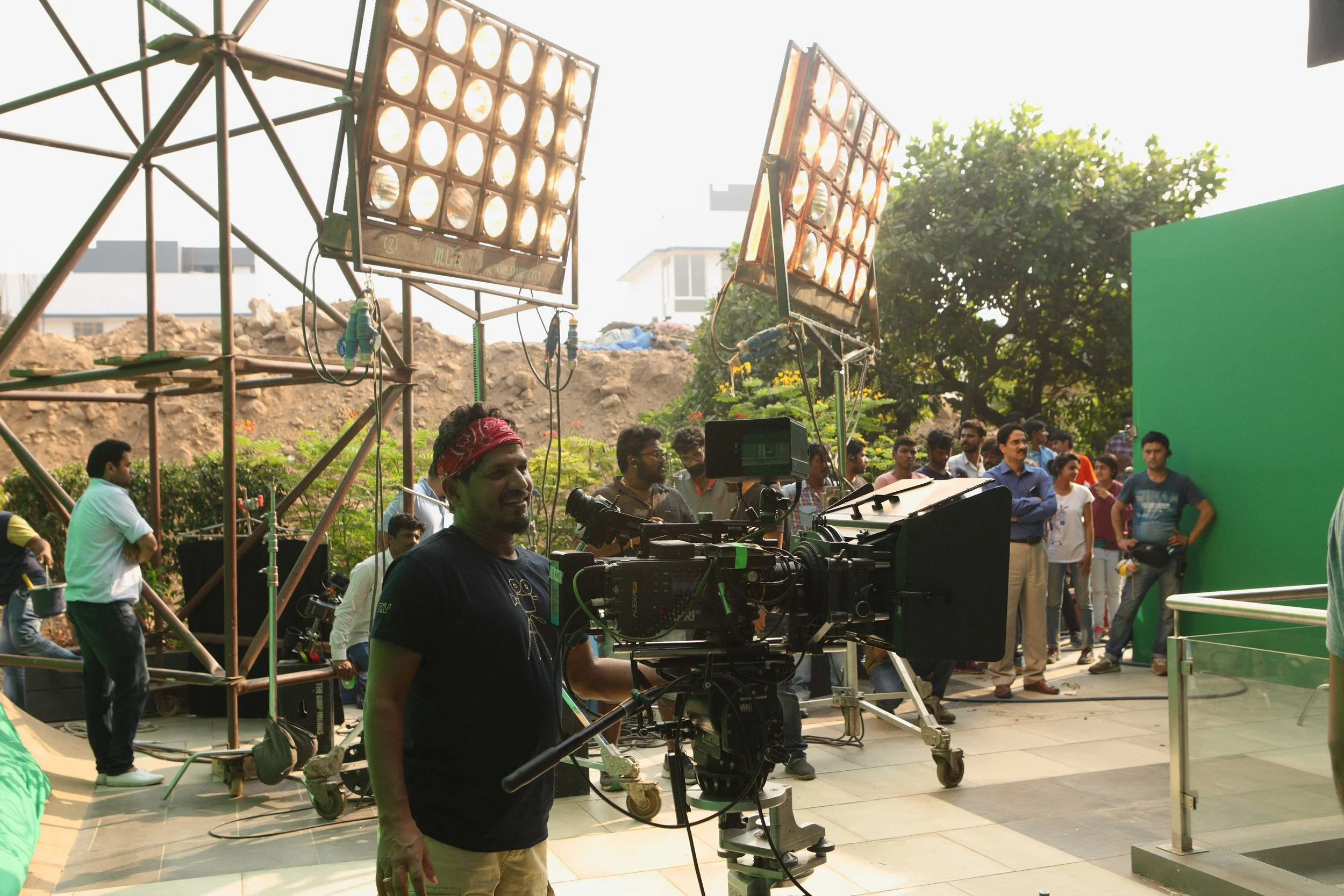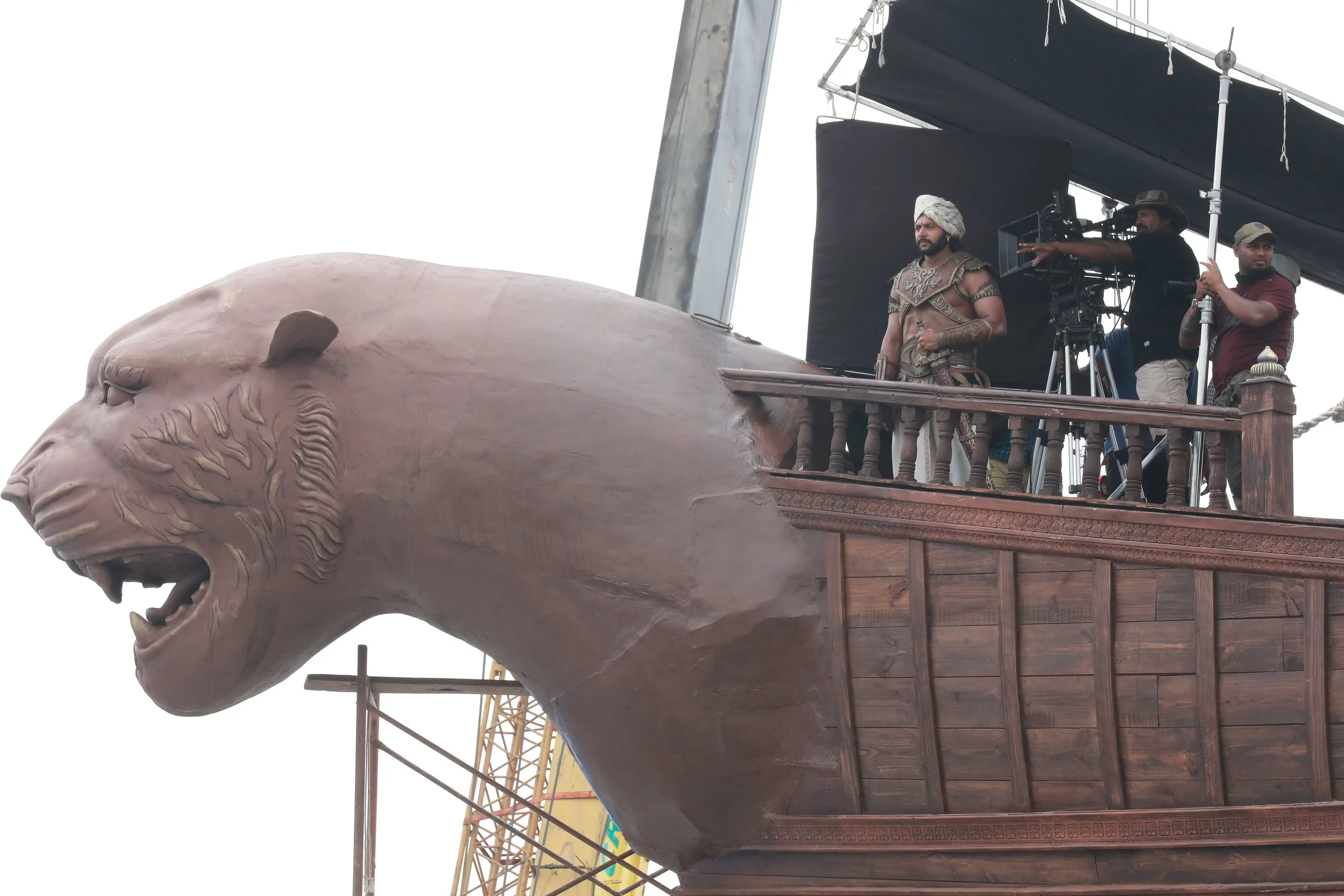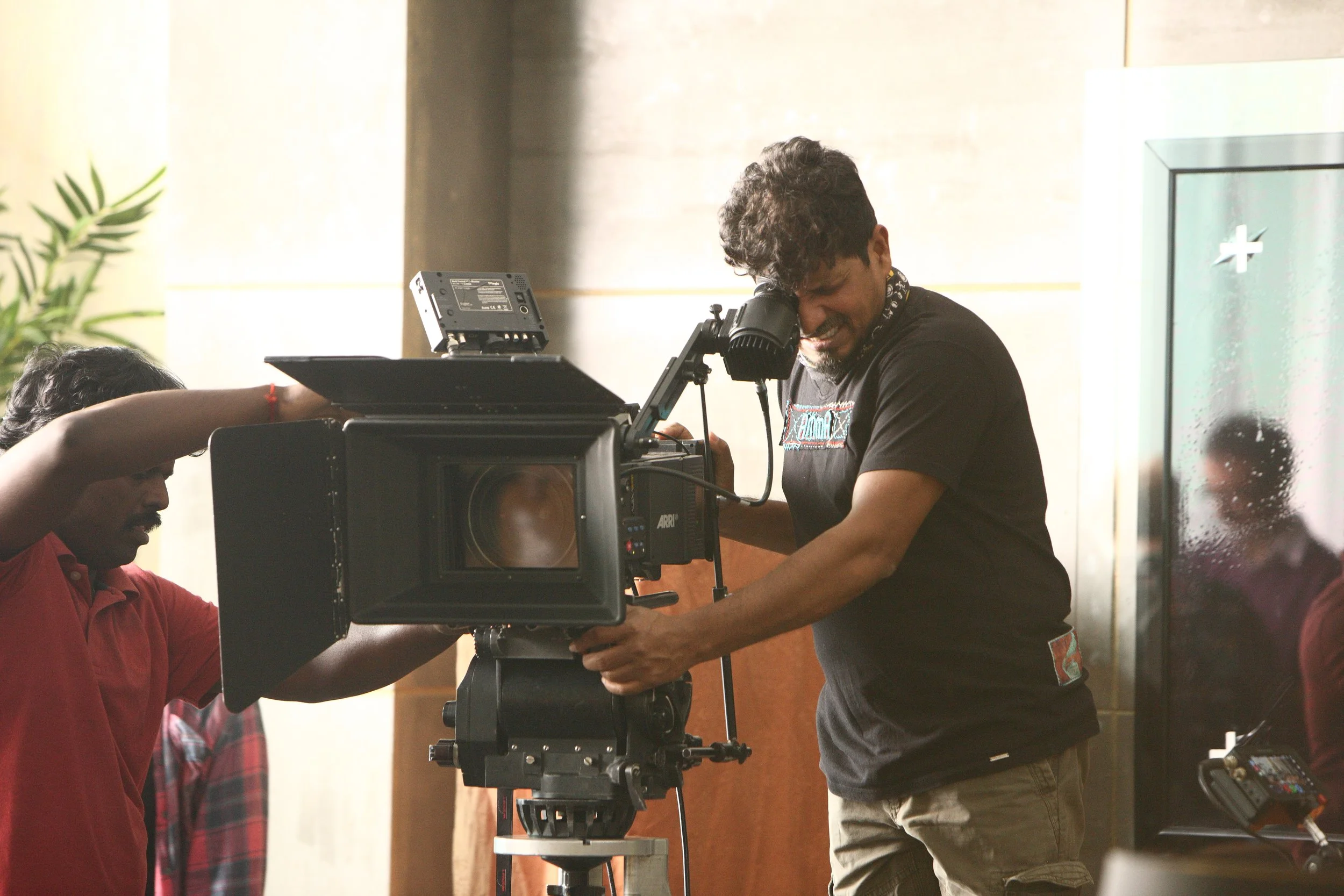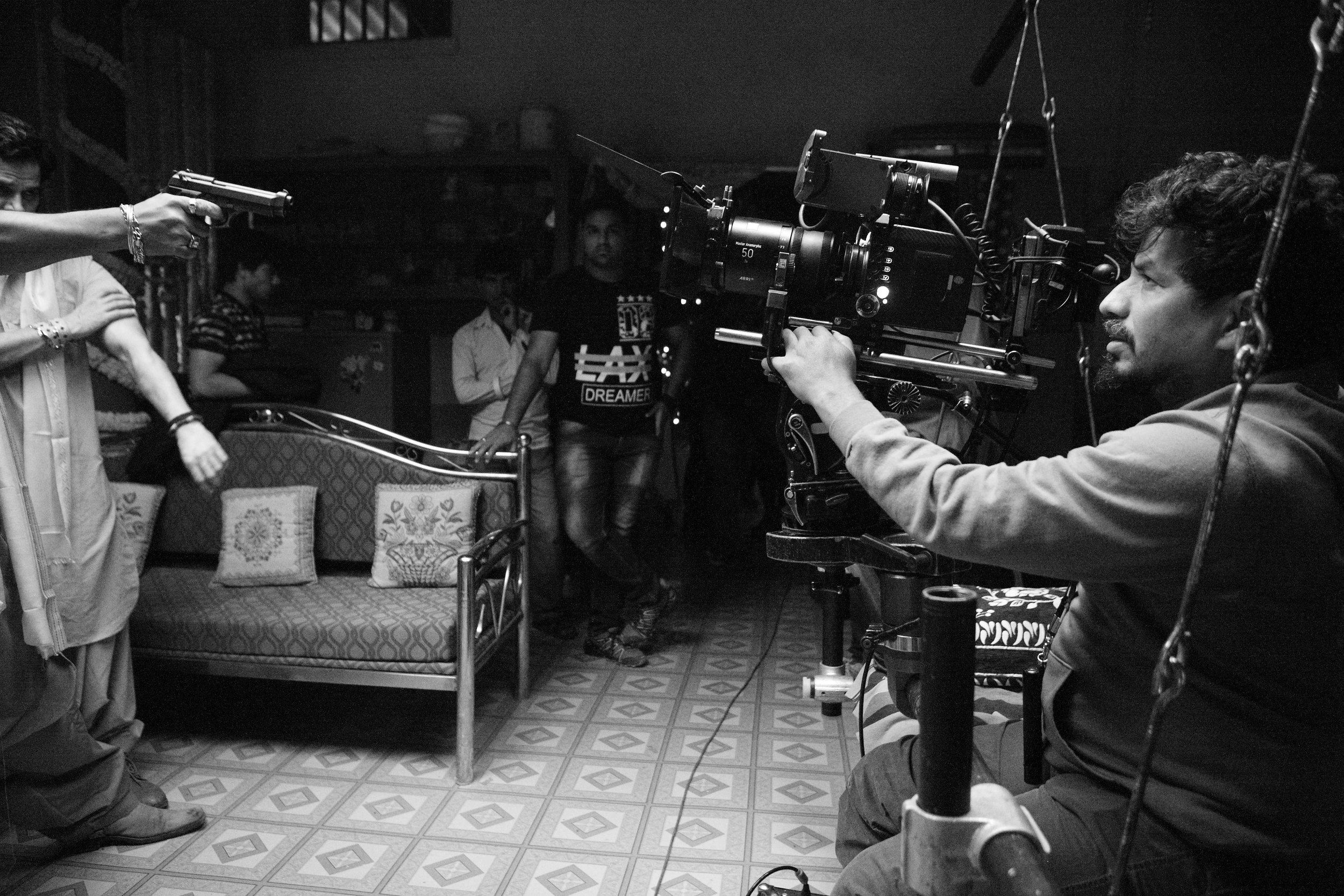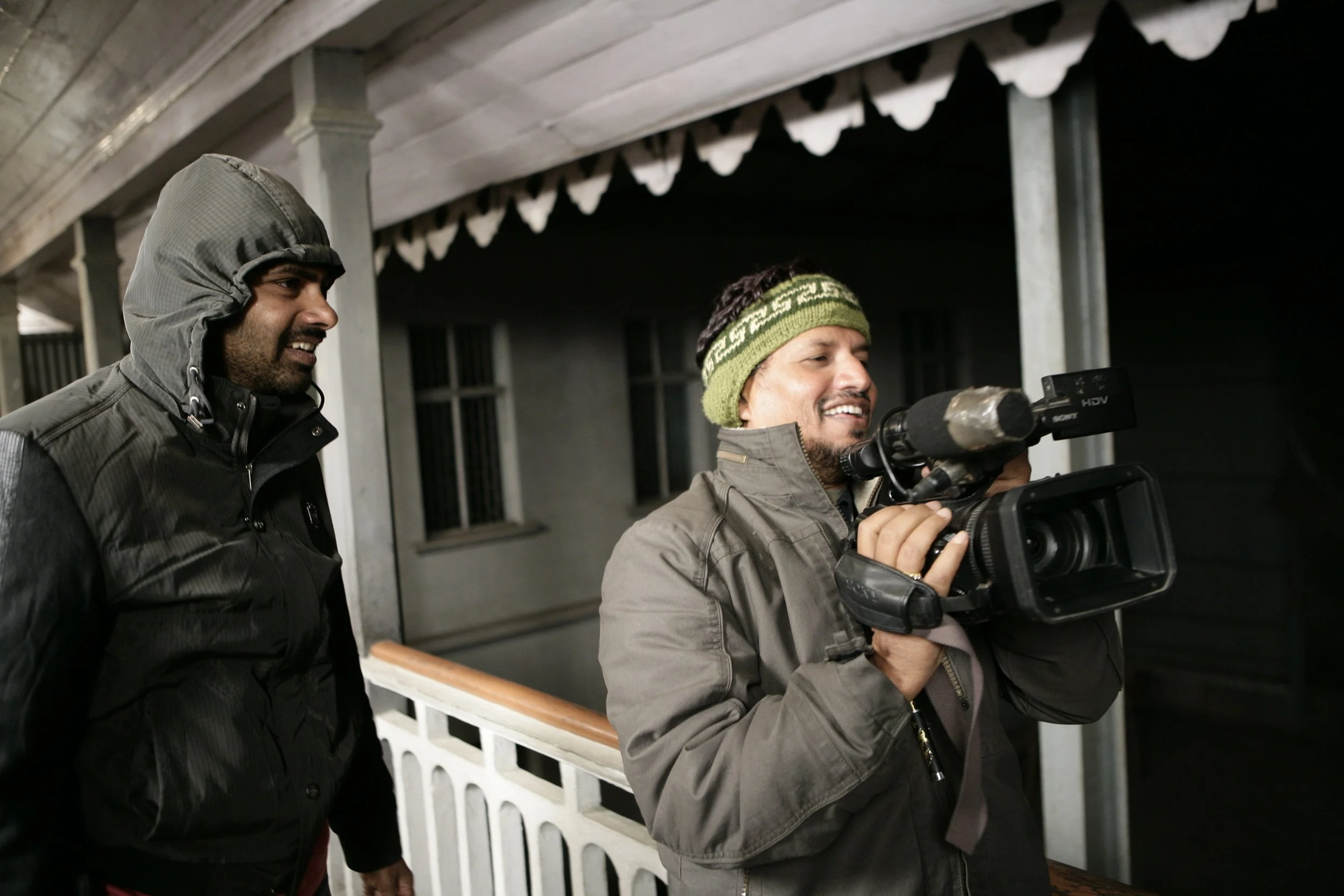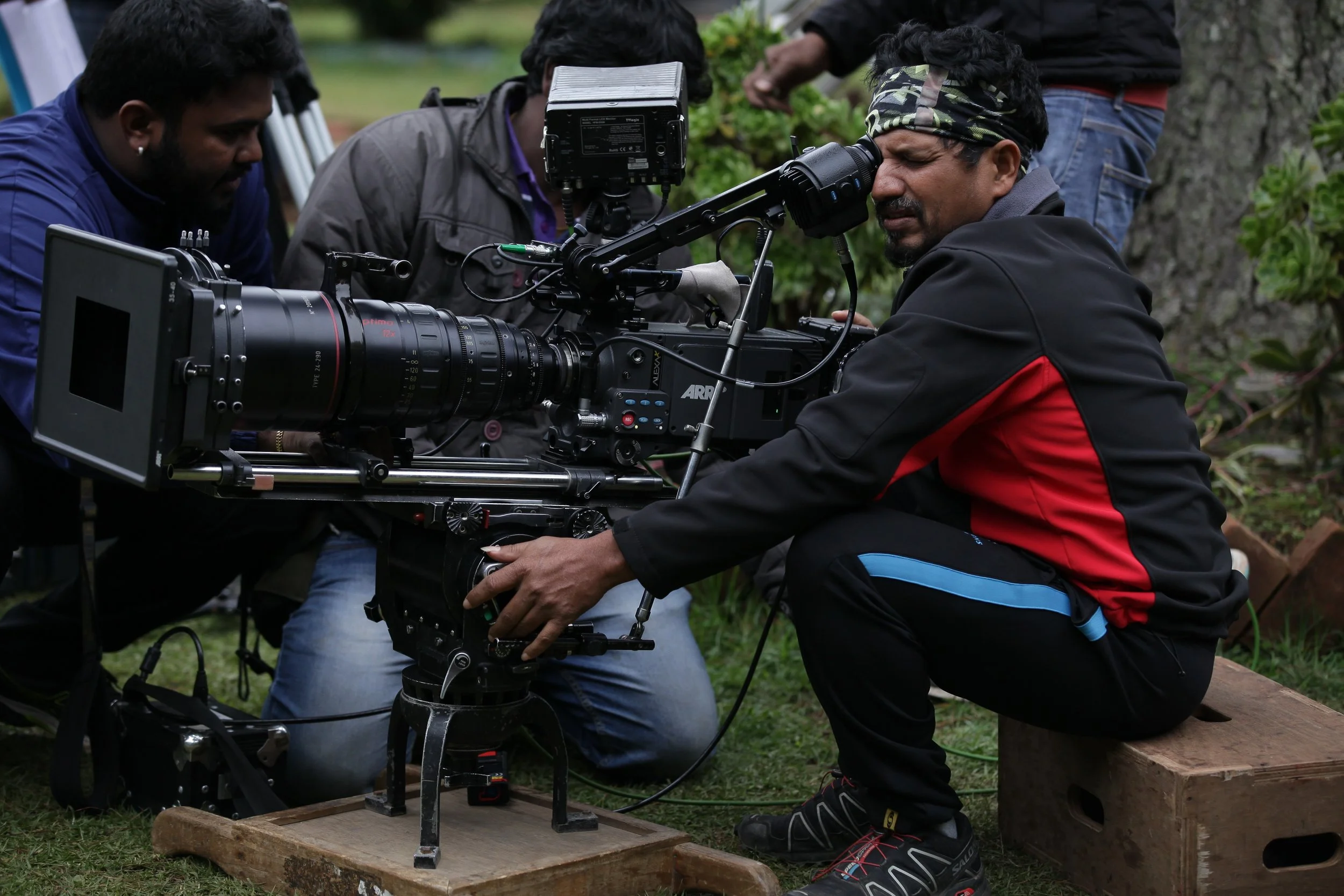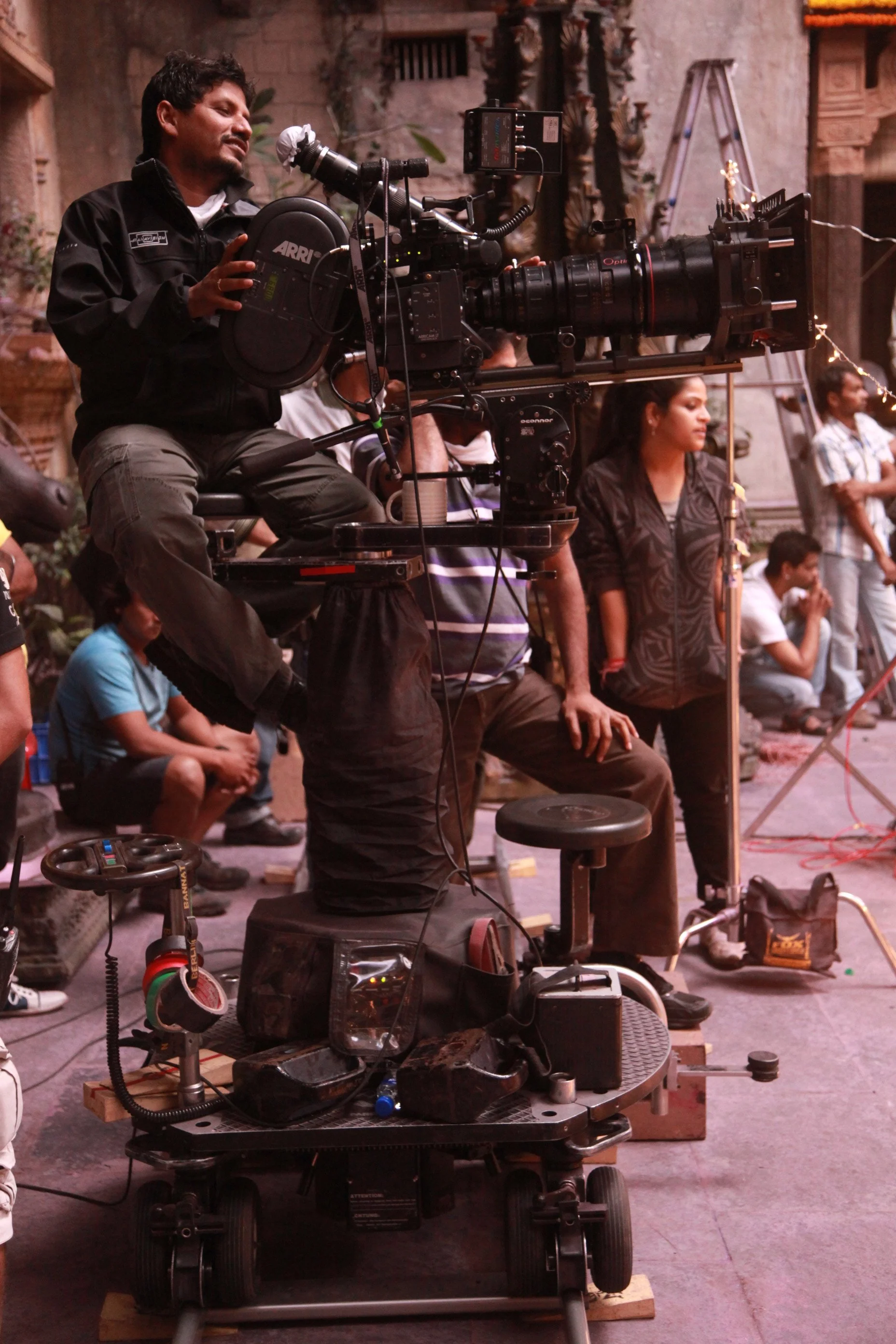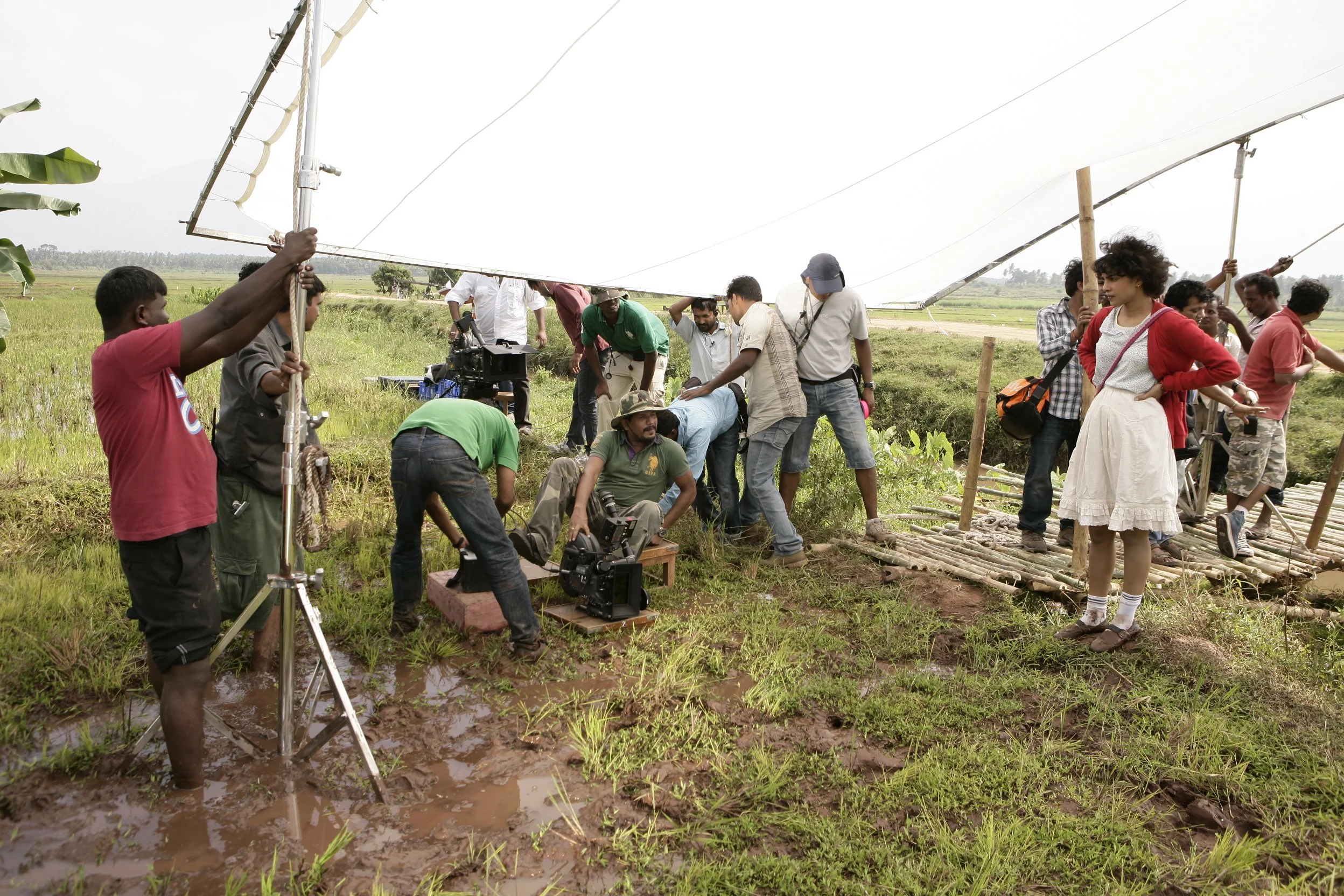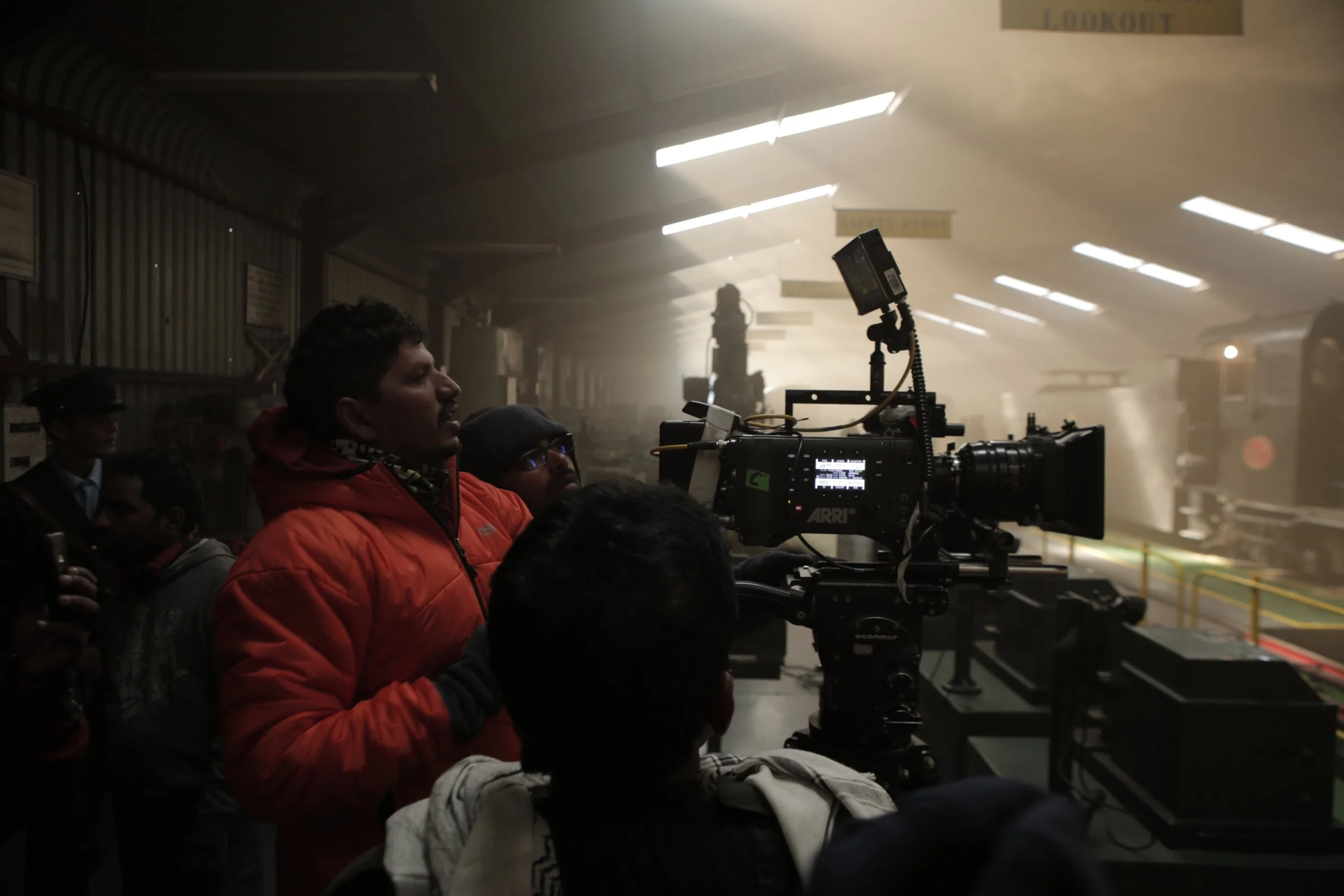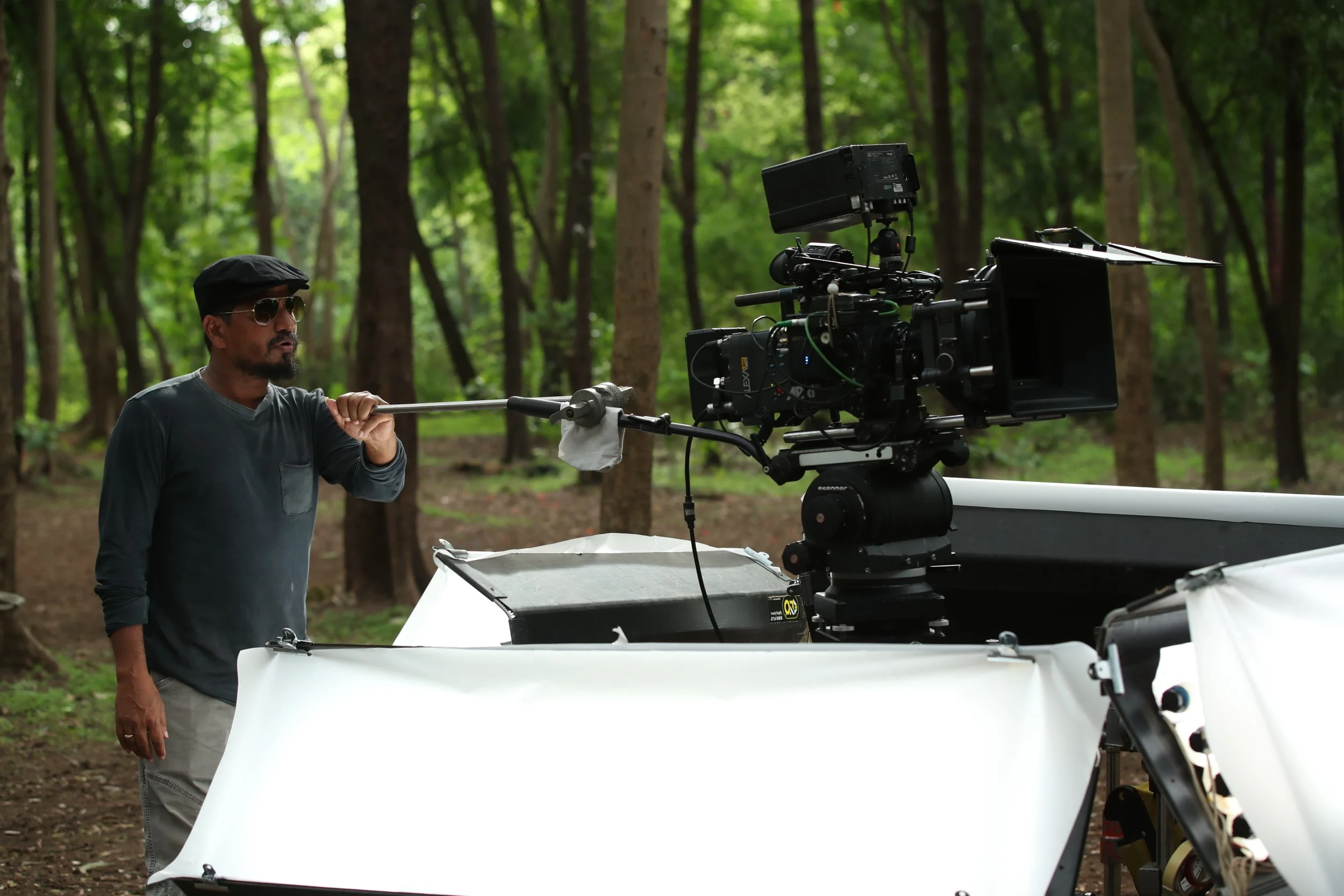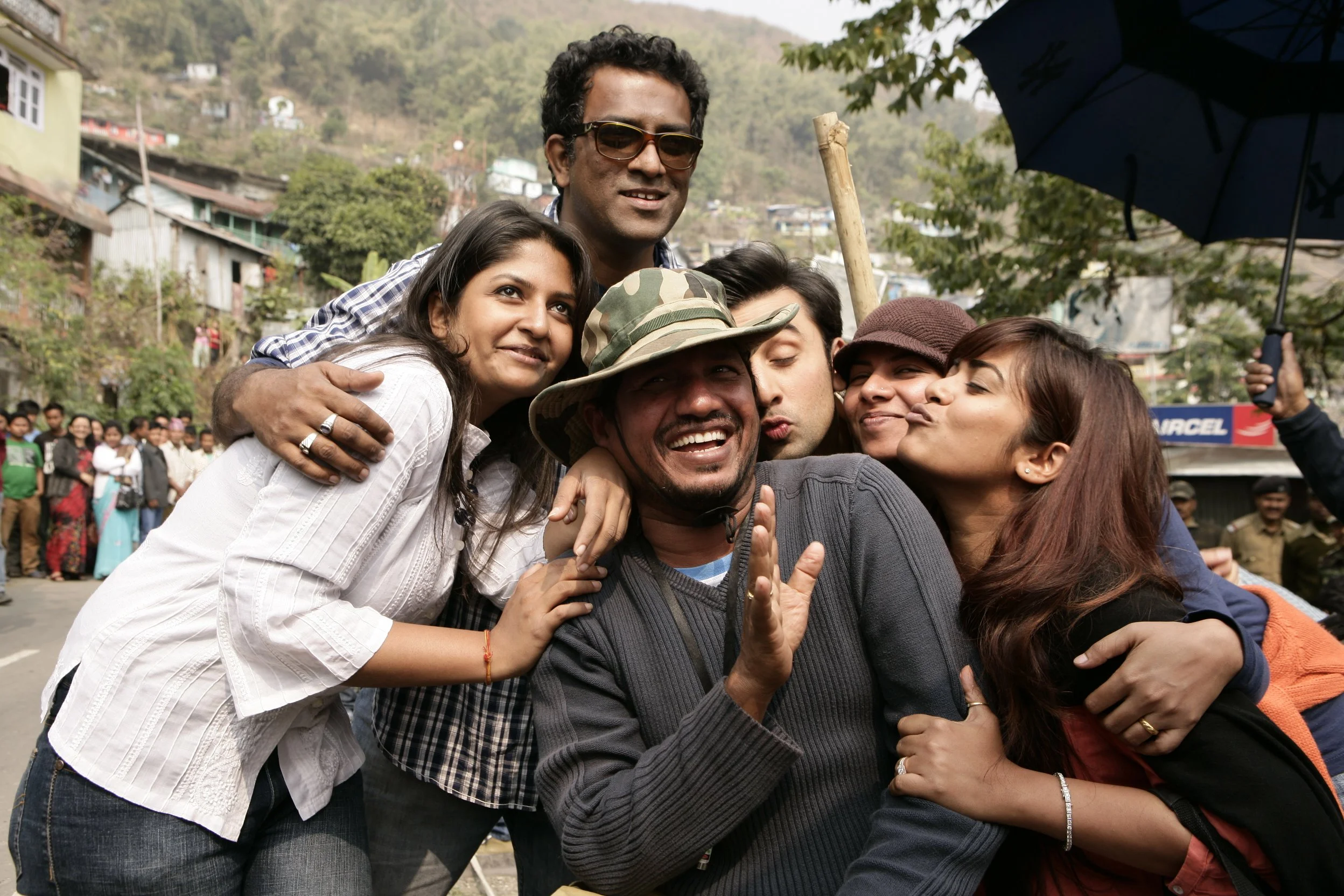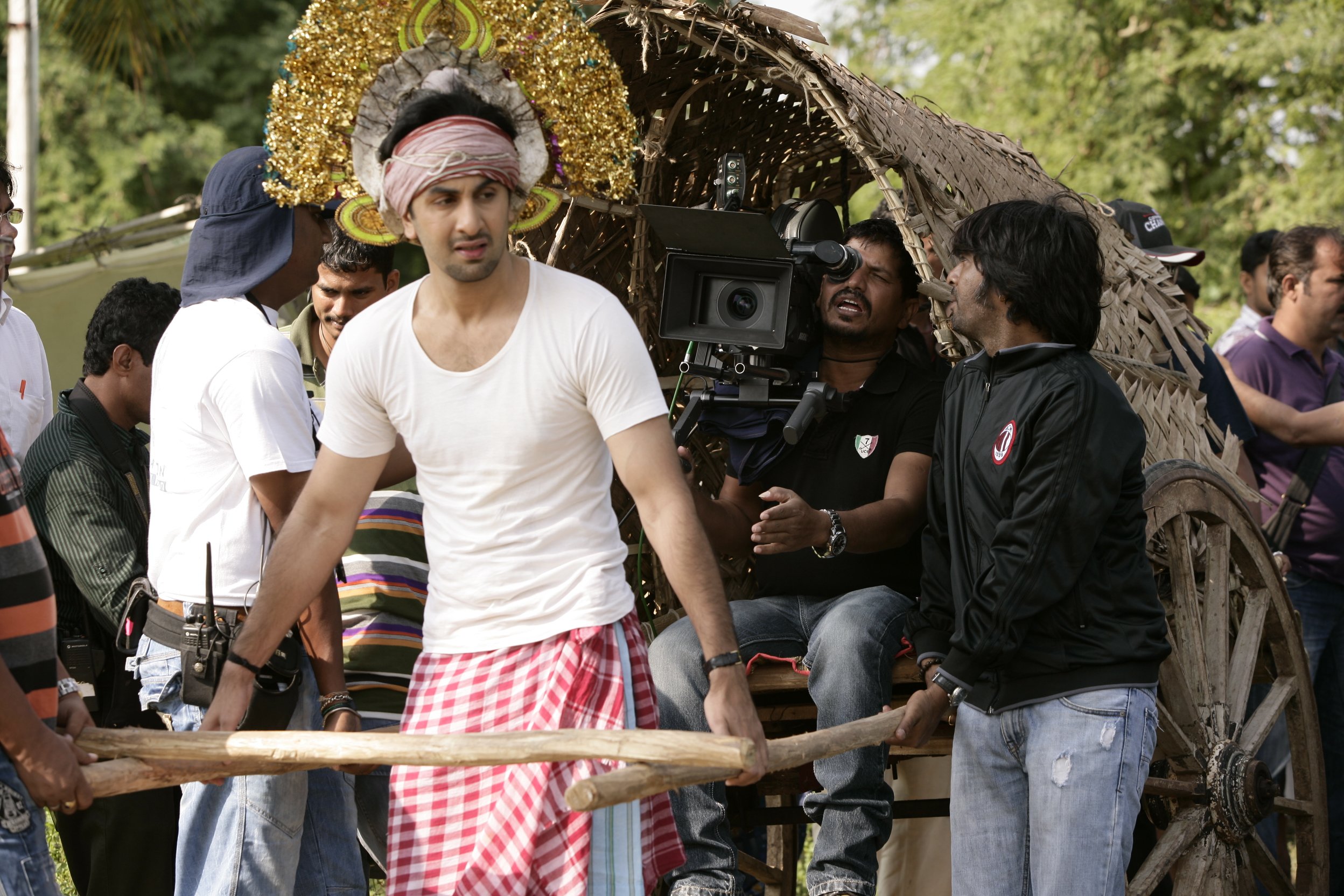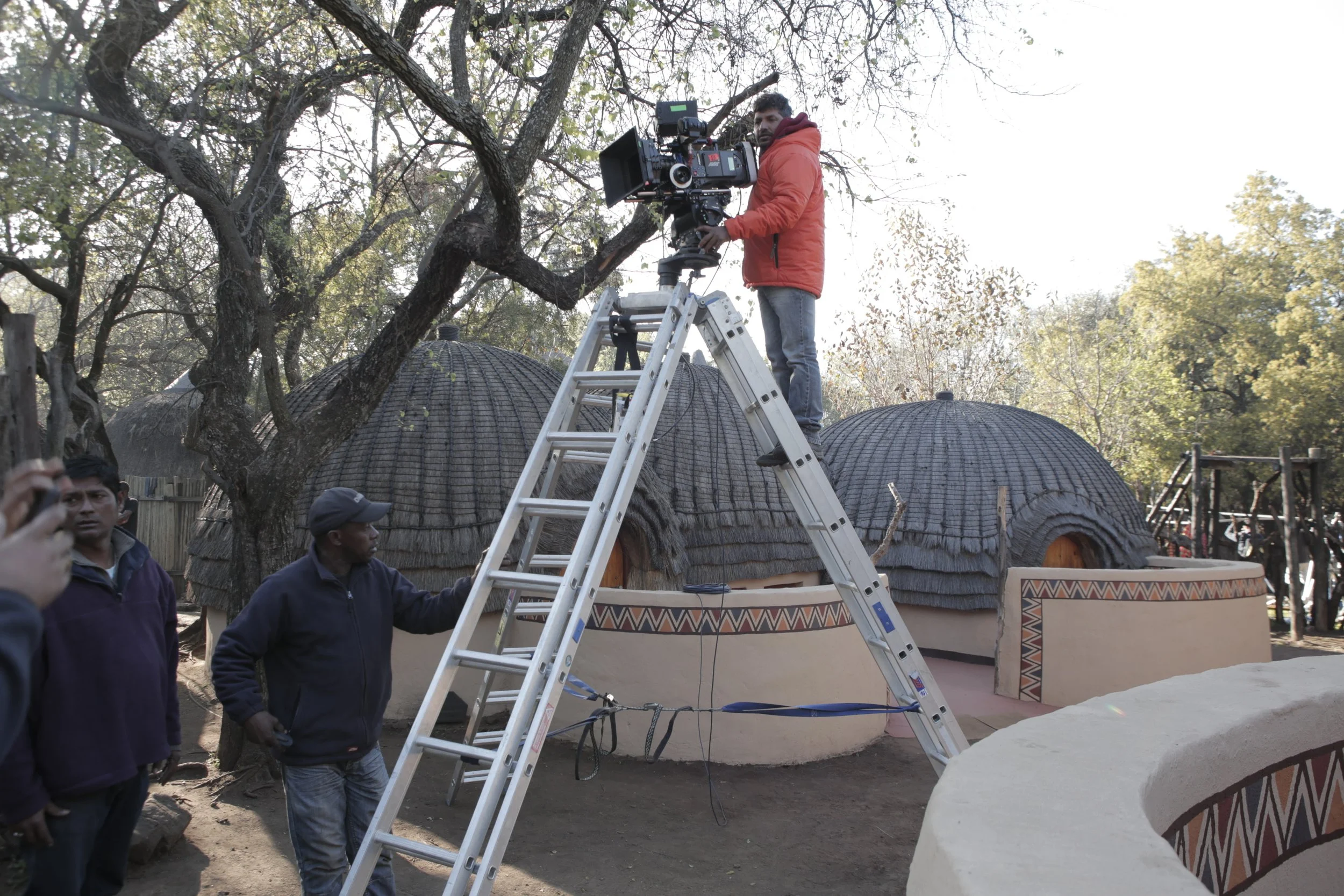About
Member of the Academy of Motion Picture Arts and Sciences, American society of Cinematographers, Indian Society of Cinematographers. One of India’s leading, most sought-after cinematographers Ravi Varman is well-known for his versatility, and poetic visual rhetoric. His filmography is rich with illustrious movies such as Tamasha, Ramleela, Barfi, Jagga Jasoos, and the latest epic period action Ponniyin Selvan.
He has worked with renowned directors including Mani Ratnam, Anurag Basu, Sanjay Leela Bhansali, Raj Kumar Hirani, Imtiaz Ali, Priyadarshan, Duane Adler, Shankar, Gautam Vasudev Menon, K.S. Ravikumar, TK Rajeev Kumar, Jeyaraj, and Prashanth Neel.
In retrospect, when his mother passed, it was as a young boy that Ravi moved from his hometown of Poyyundarkudikadu in the Thanjavur district to Madras, now known as Chennai. Moving to a larger metropolitan city, at the time, after discontinuing school in the seventh standard, especially in the aftermath of his mother’s passing in hopes of studying further, finding work, and building a new life was a testing time for a young Ravi. Upon meeting his father’s friend, a lawyer in the city he believed that the prospect of designing a new life would be attainable. However, after a turbulent experience with his father’s friend in the beginning and a need to go back to his hometown in the Thanjavur district, Ravi found himself braving the storms of a larger city before finding his footing. In about three months, he landed his first job at a hotel oblivious to the fact he was at the start of his journey to becoming one of the country’s greatest contemporary cinematographers. It was happenstance that on a little trip to find colorful clothes at Chennai’s Burma Bazaar in the quaint and rustic Moor Market that he stumbled upon a camera shop. A convincing bargain of a lifetime was struck with the store owner who reluctantly parted with his camera to Ravi, at a full 150 rupees—the entirety of Ravi’s paycheck from the hotel. In hindsight, it was because one of his late mother’s photographs that failed to reveal her face enough for him to see her, that motivated him and made him curious enough to buy a camera that fine day in Chennai.
In the coming months, it was under a particularly starry night in a Pondicherry balcony that Ravi introspected on his future ahead, and who he would become in this lifetime—all in the context of a continuing challenging phase, as he and his girlfriend then, now beloved wife, considered getting married amidst family disapprovals and disputes. Six months from the starry Pondicherry night, he landed his first film as a cinematographer in Malayalam.
Since then, his connection with light, and the art of wielding it, and surrendering to it has become a long-lasting relationship. He believes in its divinity and magic of it. From his perspective emerged the idea that every moment and capture of light is important and that there exists no such thing as bad light in the world of cinematography. To him, light as an entity guides him, giving him direction on where the camera belongs. In his world, the most valuable language is that of light.
Ravi is renowned for his aesthetically remarkable work with the camera, and surreal painting references in his frames. His technique is unique, brims with versatility, and is often juxtaposed with innovative perspectives of visual storytelling bringing out newer meaning to a script. His references span multiple art forms. Kaatru Veliyidayi is the perfect painting, while Tamasha is rooted in street photography, Jagga Jasoos would reflect the world of comic books, and Ramleela with references to Romeo and Juliet. Ravi’s glare and flare used in Barfi introduced the industry to a new technique that is popular and relevant even today. His painting inspirations range from multiple artists such as Rembrandt for lighting to Picasso for composition. Ravi’s frames are a collective integration of art, with abstraction in some frames.
As a cinematographer who is sought-after both in the industry and for new and upcoming aspirants, he is often reached out to by the students of the New York Film Academy when it comes to their film projects or visual study of his works.
A strong believer in focusing on one’s own work, staying inspired, and not losing foresight of what’s ahead, Ravi’s creative endeavors are centered on an eye to innovate, reduce repetition, and be grounded in the process of his journey as a cinematographer. His filmography pans an influential two full decades, having started in the year 1999 with the film Jalamarmaram. He has won several prestigious awards including the EME International Award, KalaimaamaniAward from the government of Tamil Nadu, Star Guild Awards, and Zee Cine Awards for his portfolio of work. He’s also won the IIFA, Screen Awards for Barfi! among many others. As a cinematographer, Ravi is often driven and focused on moving forward to the next film, once a piece of work is finished.
Centering his consciousness on the visual image of the story, as a working practice, Ravi focuses on exploration, discovering actors, and other aspects of the film as part of his creative process. His philosophical creative techniques are guided by his ability to adapt and what the day has to offer. In his words, “After a point, life just flows. There are no expectations. I always do my best with whatever is available at my disposal.”
